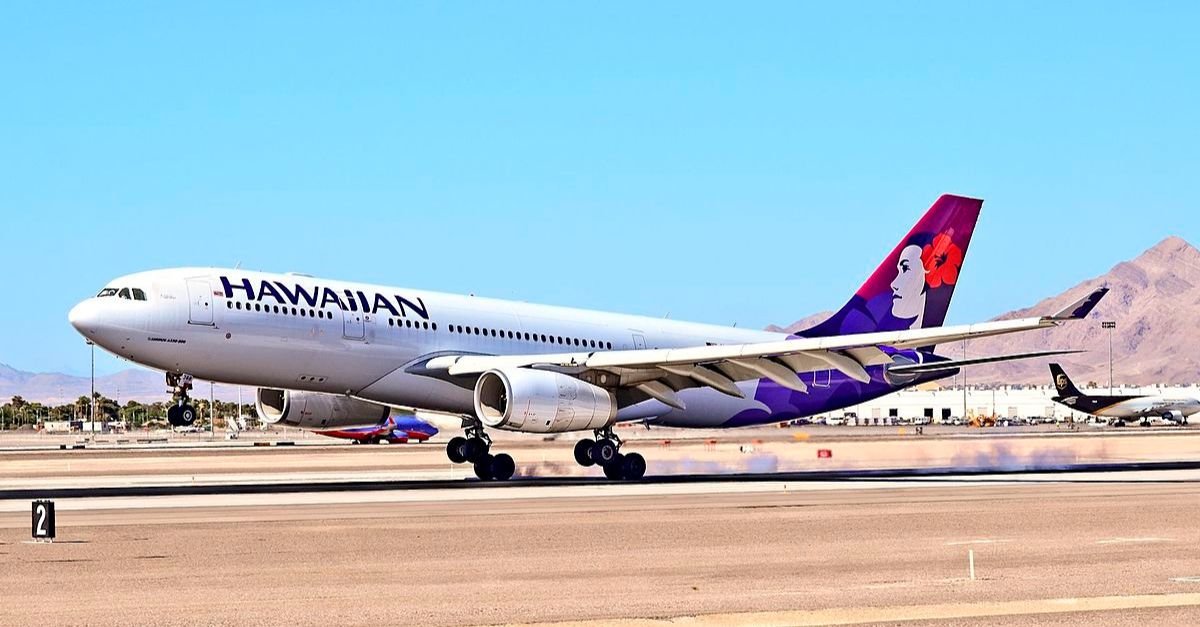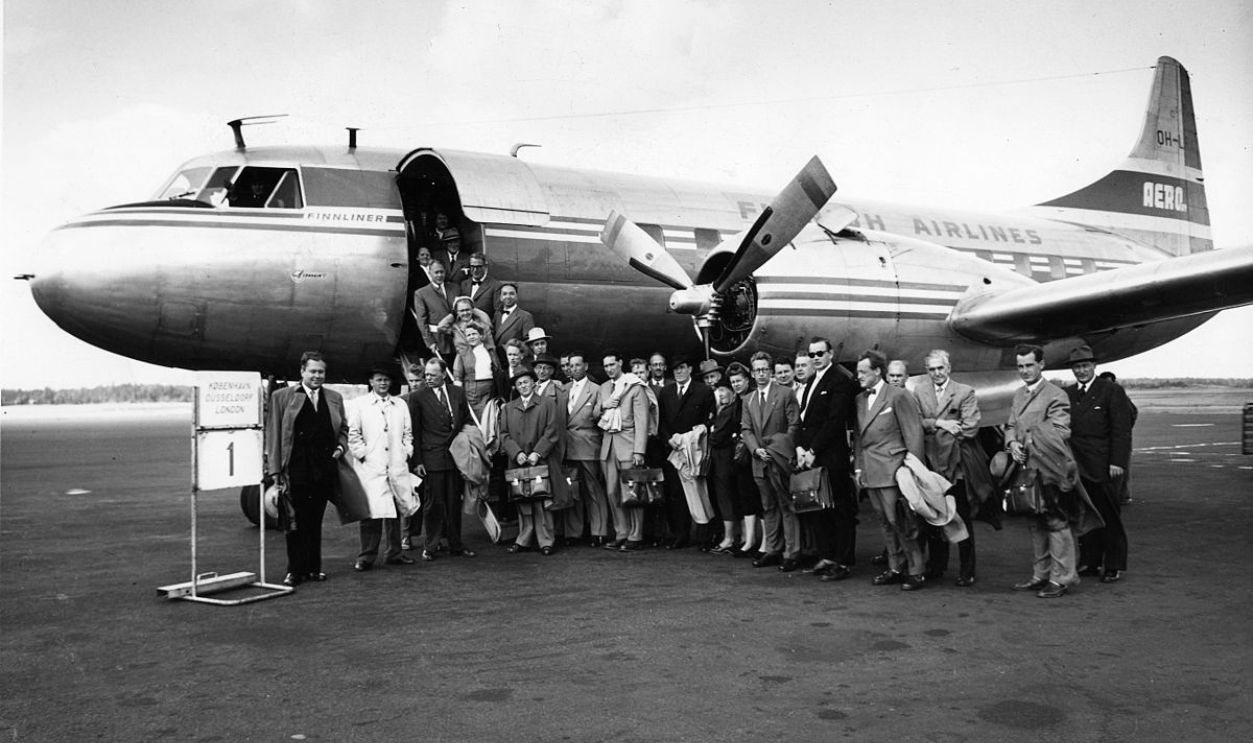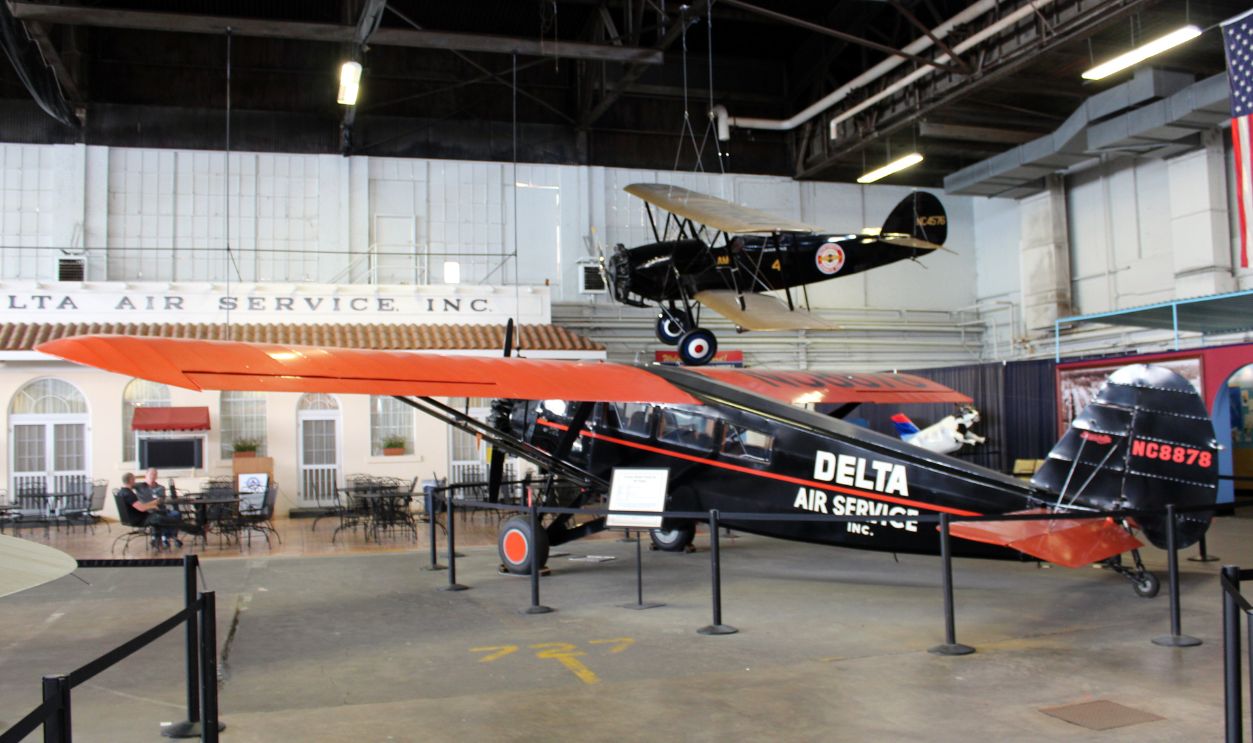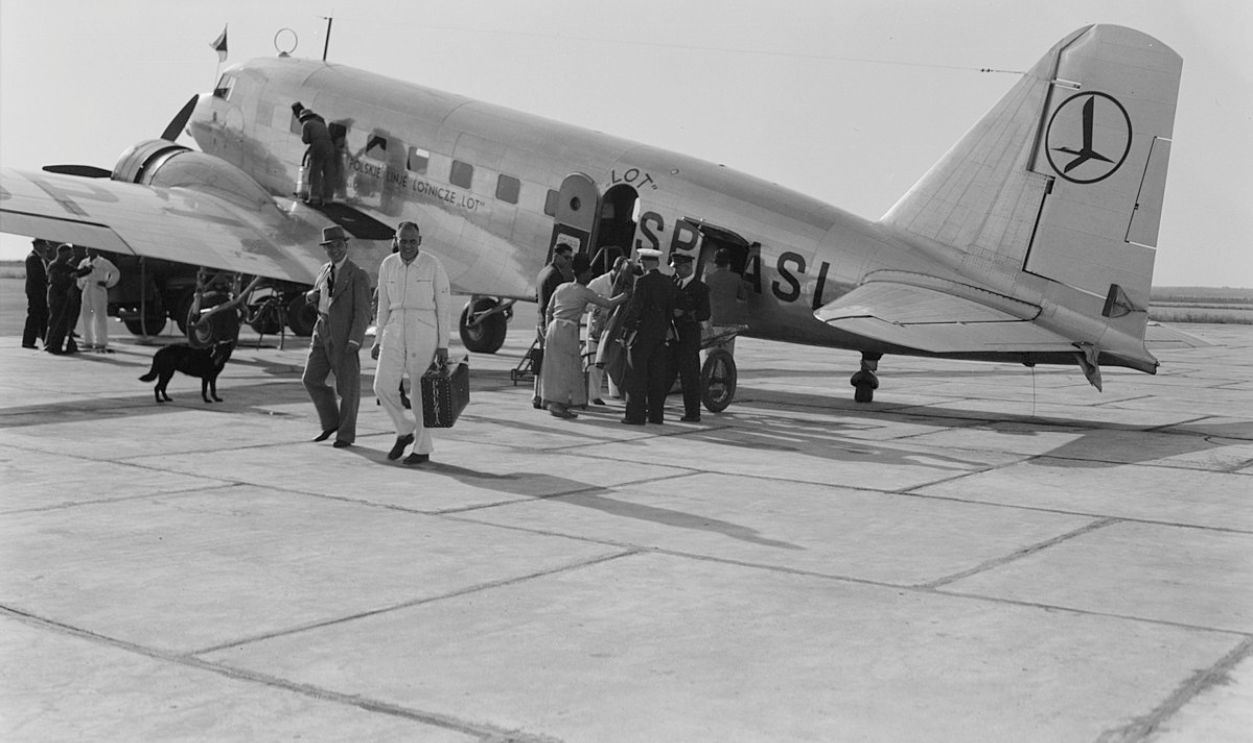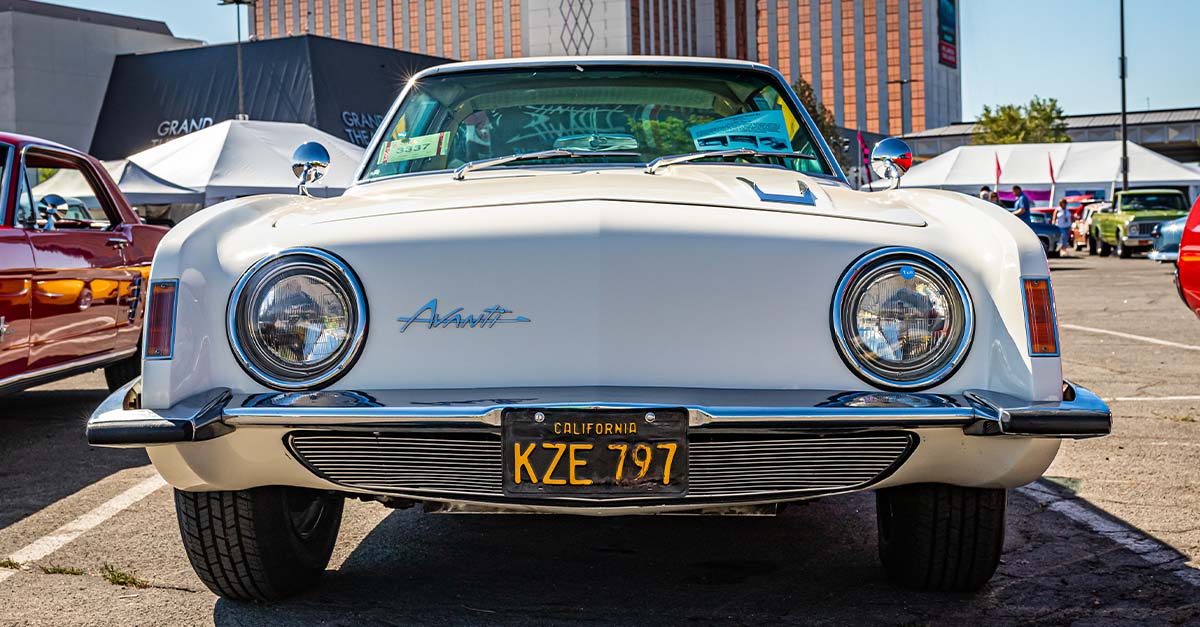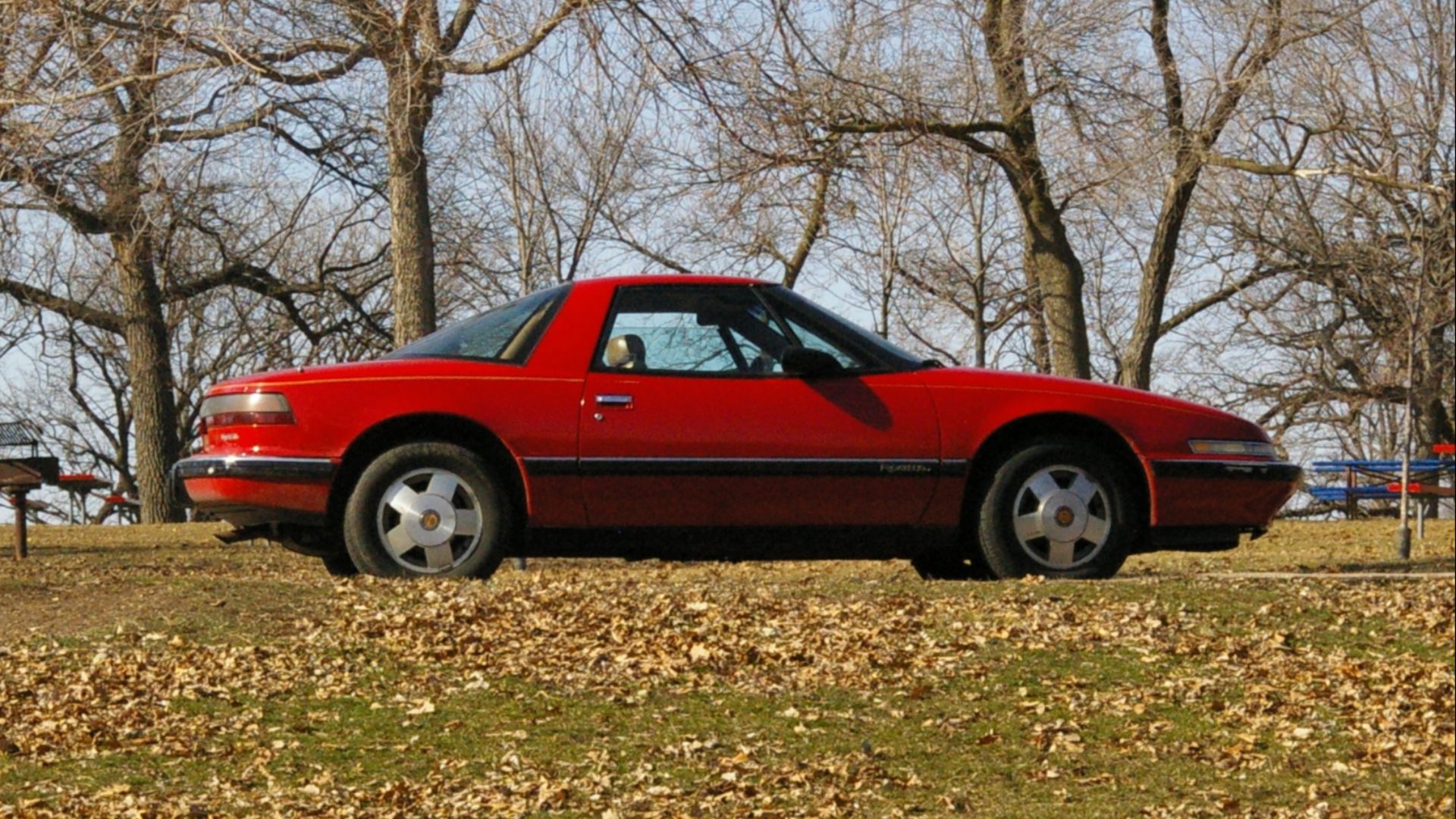The OGs
Flights may be about loyalty programs and in-flight Wi-Fi now, but it was daring back in the early 1900s. These airlines were among the first to brave the skies, and they're still flying strong.
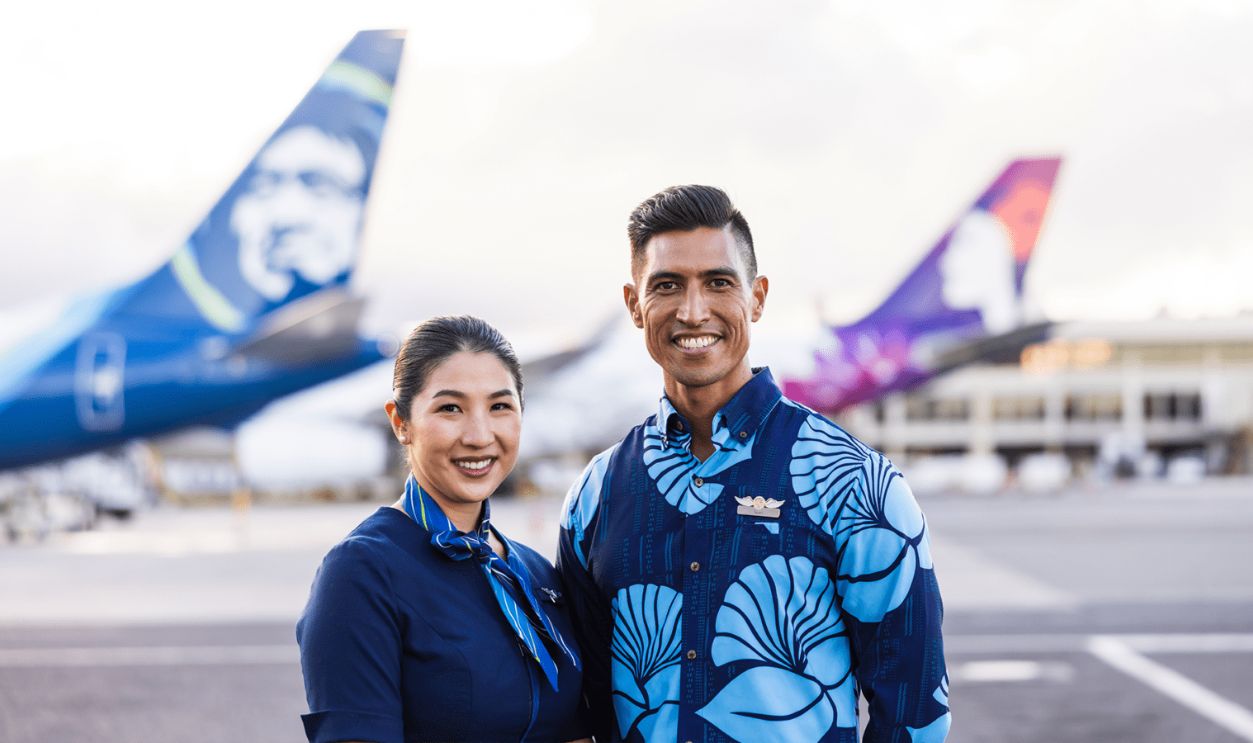
KLM Royal Dutch Airlines (Founded: 1919)
KLM has a Guinness World Record for being the oldest airline that is still operating under its OG name. It was established in the Netherlands amid the post-WWI recovery. It all started with one single leased aircraft, flying between London and Amsterdam.
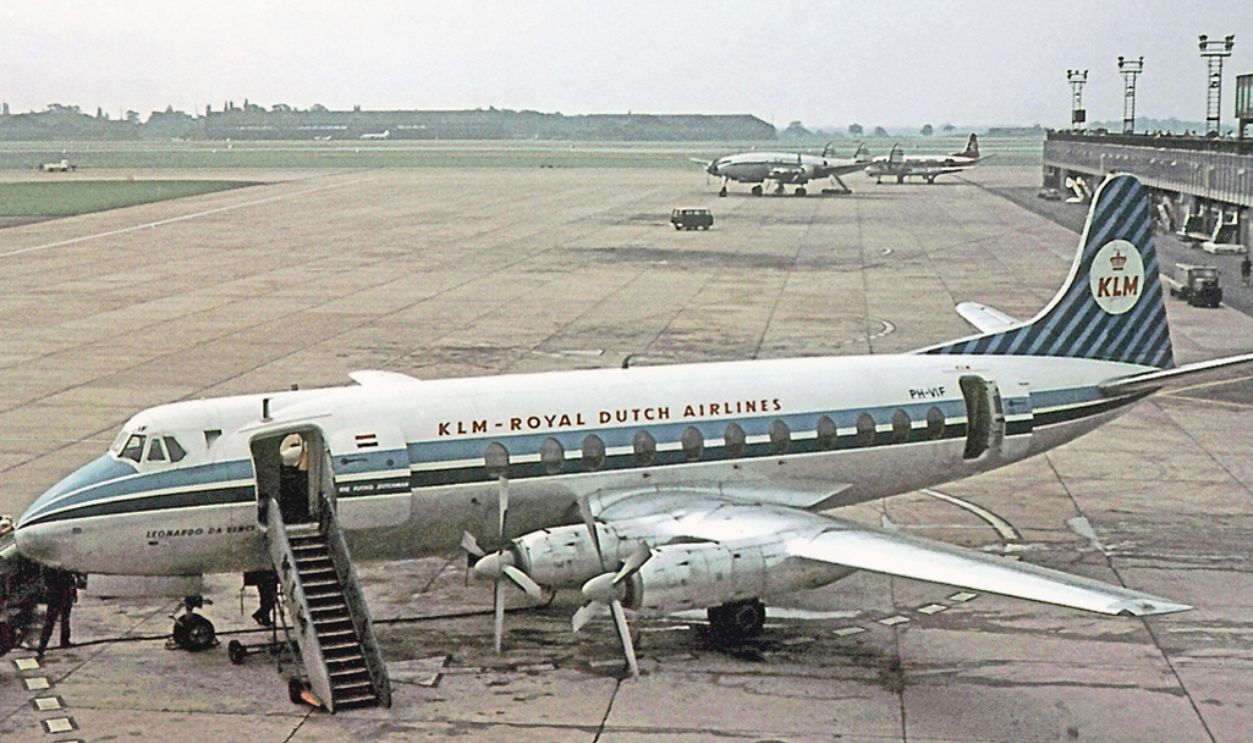 RuthAS, CC BY 3.0, Wikimedia Commons
RuthAS, CC BY 3.0, Wikimedia Commons
First Intercontinental Flight
Over the decades, Albert Plesman's airline has expanded its fleet to include 115 aircraft like the Boeing 787, 737-800, 777-300 ER, and more. KLM is also credited with launching one of the first intercontinental flights in 1924, which connected Amsterdam to Jakarta. The first flight lasted 55 days, with 21 stopovers.
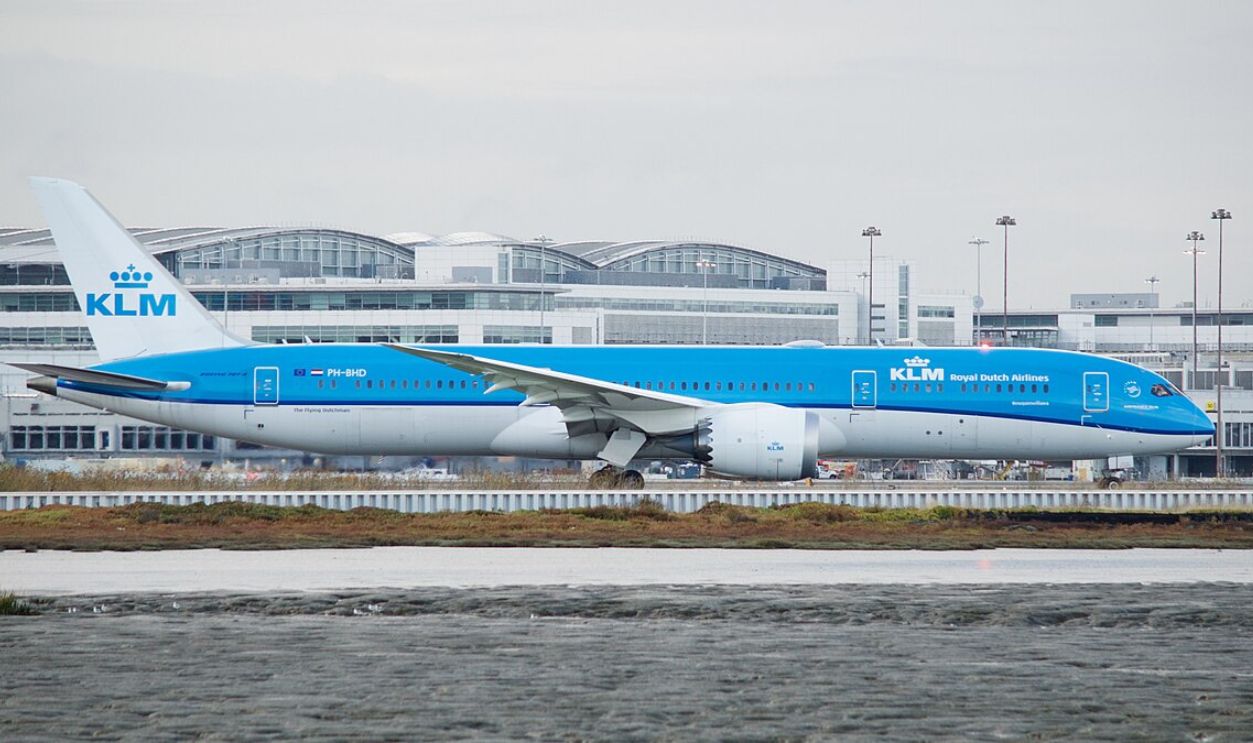 Bill Abbott, CC BY-SA 2.0, Wikimedia Commons
Bill Abbott, CC BY-SA 2.0, Wikimedia Commons
Avianca (Founded: 1919)
Avianca, Colombia's national airline and Latin America's first, kicked off with seaplanes flying over Colombia's tricky terrain. Started by Colombians and German immigrants, it ran mail and passenger routes along the Magdalena River. Then the Great Depression and WWII happened. And by 1940, it merged with SACO.
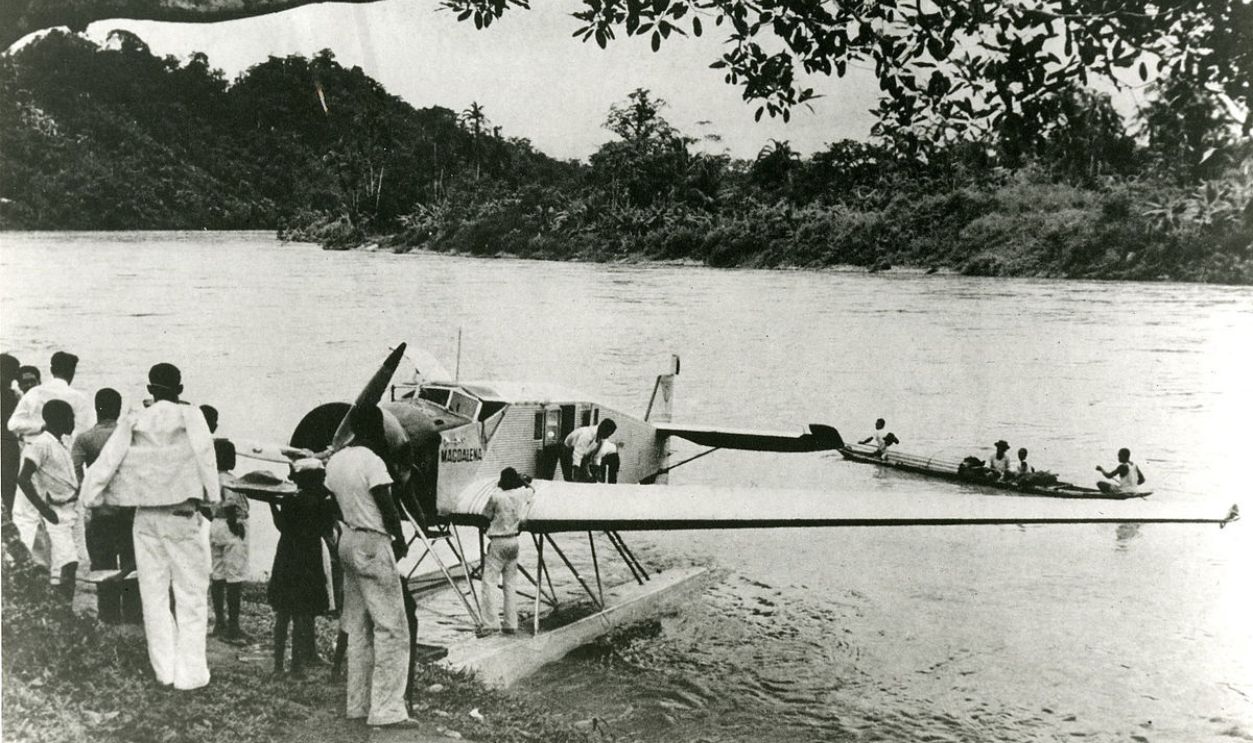 Unknown Author, Wikimedia Commons
Unknown Author, Wikimedia Commons
Jumbo Jet
It was also the first airline in the Americas to fly the legendary Boeing 747, AKA the "Jumbo Jet". With its bold red-and-white look and a name that screams pan-American pride, Avianca has stayed a big deal in global aviation.
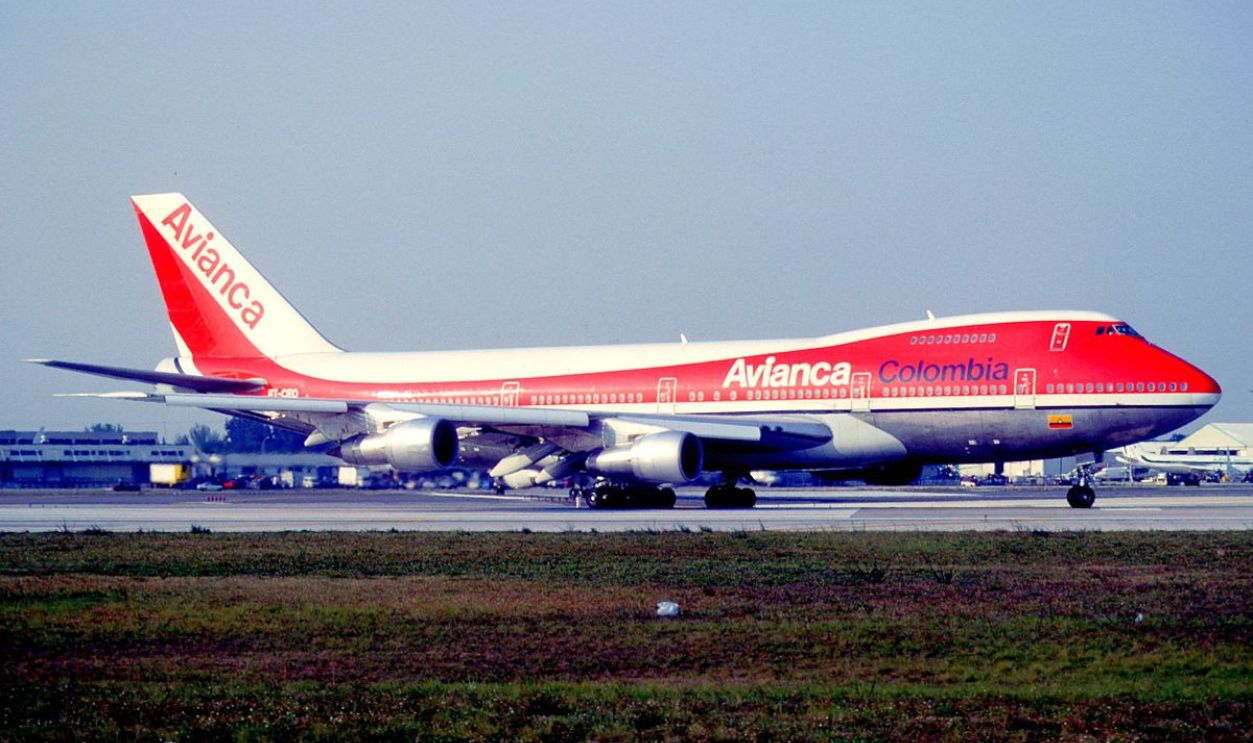 Aero Icarus, CC BY-SA 2.0, Wikimedia Commons
Aero Icarus, CC BY-SA 2.0, Wikimedia Commons
Qantas (Founded: 1920)
Qantas is short for Queensland and Northern Territory Aerial Services. It started all the way back in 1920 in the Australian outback to connect remote areas to the world. Paul McGinness and Hudson Fysh (founders) started with biplanes hauling mail and a handful of passengers.
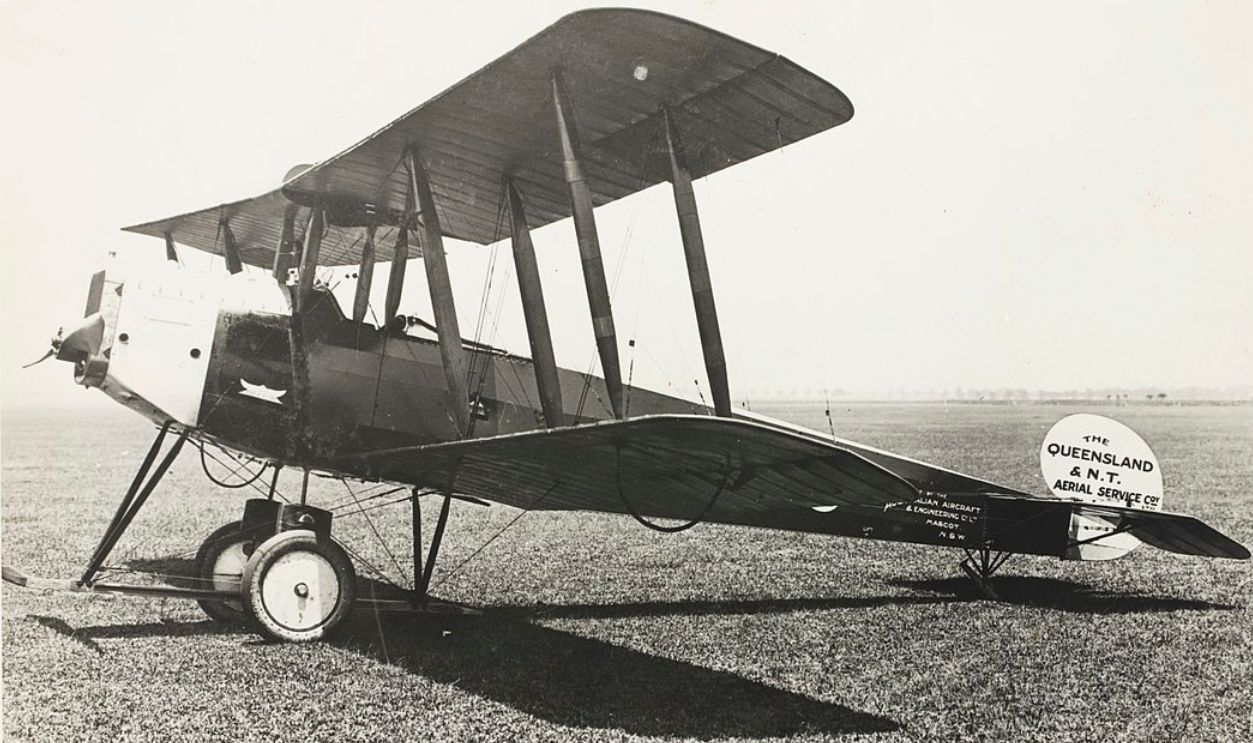 State Library of New South Wales, Wikimedia Commons
State Library of New South Wales, Wikimedia Commons
Flies To Antarctica
Qantas became an icon by introducing the famous "Kangaroo Route" to London in the 1950s. It is also one of the few airlines that offer services to all seven continents of the world. That's right, they've got planes flying to Antarctica as well.
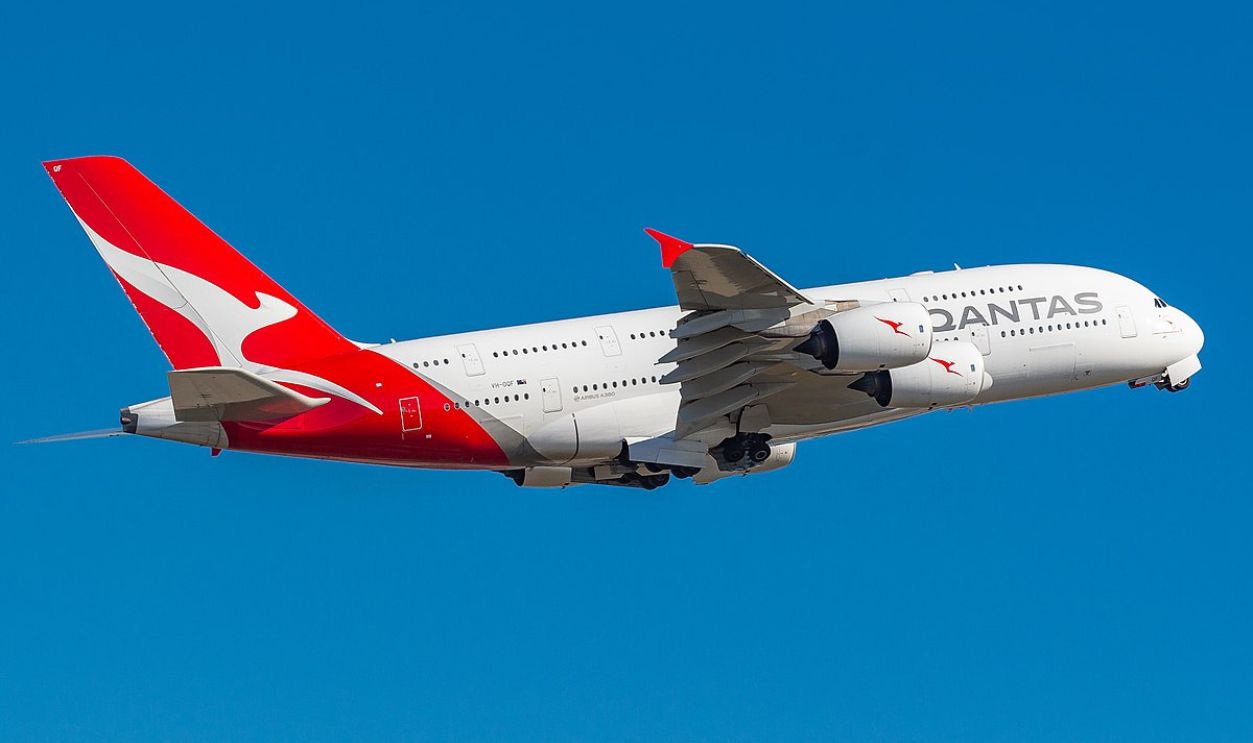 Vismay Bhadra, CC BY-SA 4.0, Wikimedia Commons
Vismay Bhadra, CC BY-SA 4.0, Wikimedia Commons
Aeroflot (Founded: 1923)
Originally Dobrolyot, this airline started by connecting the massive Soviet Union with German-made planes for mail and passenger routes. During WWII, its fleet was used for military transport, which changed everything for the airline.
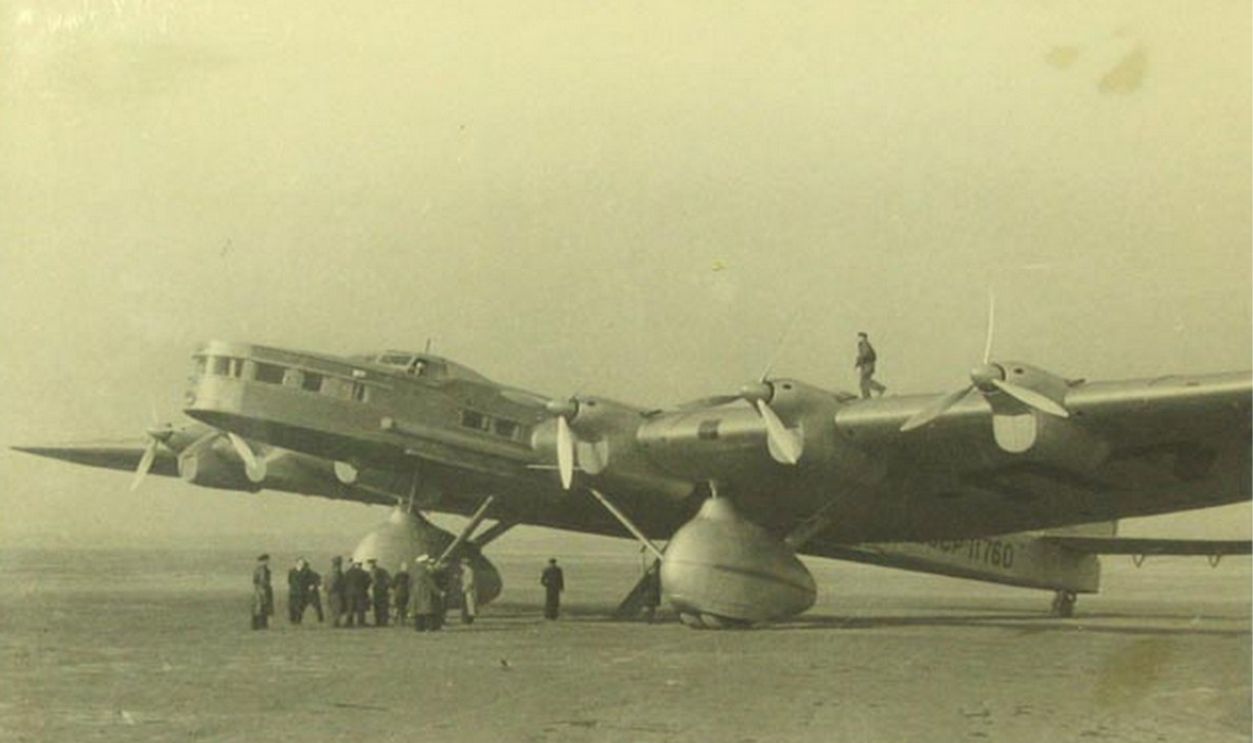 Unknown Author, Wikimedia Commons
Unknown Author, Wikimedia Commons
Part Of The Space Race
After the war, it became the world's largest airline, with over 10,000 aircraft. They even had the Tupolev Tu-104, the first jetliner in regular service. Even after the USSR fell, Aeroflot adapted to modern times, including its role in the Space Race, transporting cosmonauts like Yuri Gagarin.
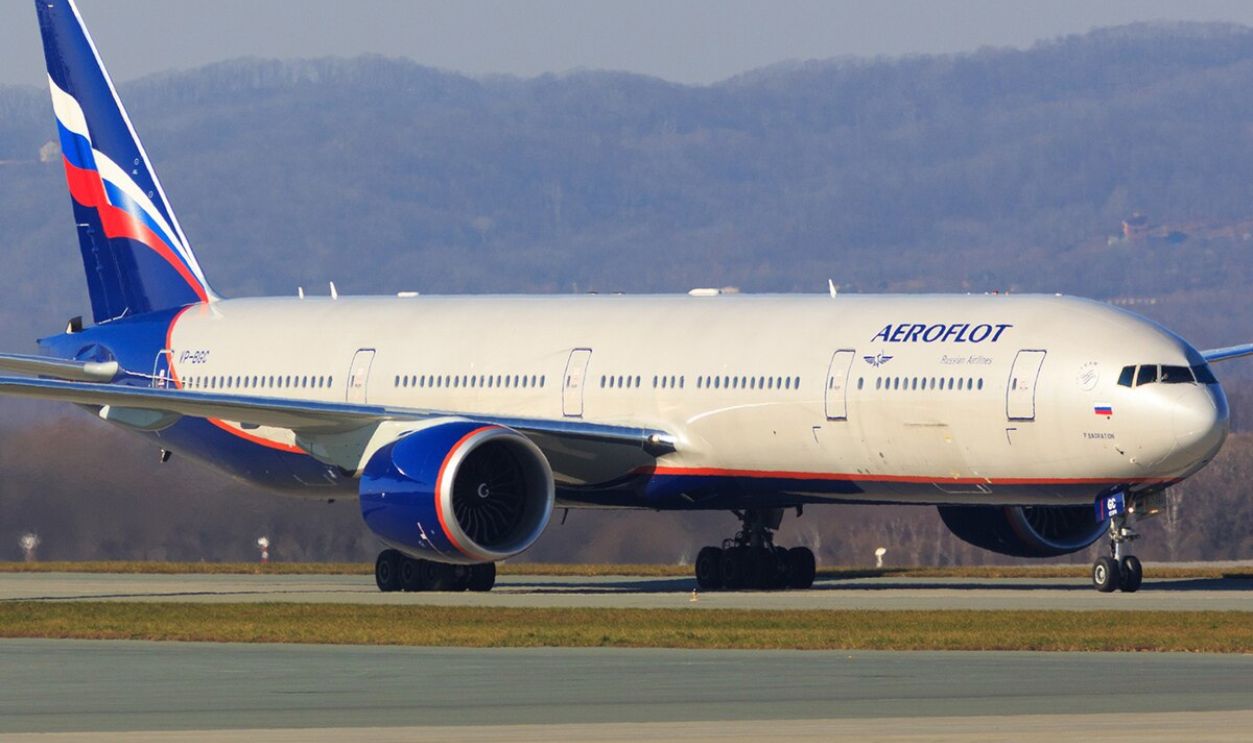 Fedor Leukhin, CC BY-SA 2.0, Wikimedia Commons
Fedor Leukhin, CC BY-SA 2.0, Wikimedia Commons
Finnair (Founded: 1923)
Finnair hasn't had a fatal accident since 1963. That's why it is one of the world's safest airlines. It was known as Aero O/Y when it first launched, and flew seaplanes on domestic routes. Then it branched out internationally with its first route to Tallinn.
Grounded In Finnish Roots
Even during the challenges of WWII, the airline kept growing, eventually becoming a major connector between Europe and Asia through Helsinki, thanks to its Arctic expertise. Staying true to its Finnish roots, it features reindeer dishes on its menu as a tribute to Lapland's traditional cuisine.
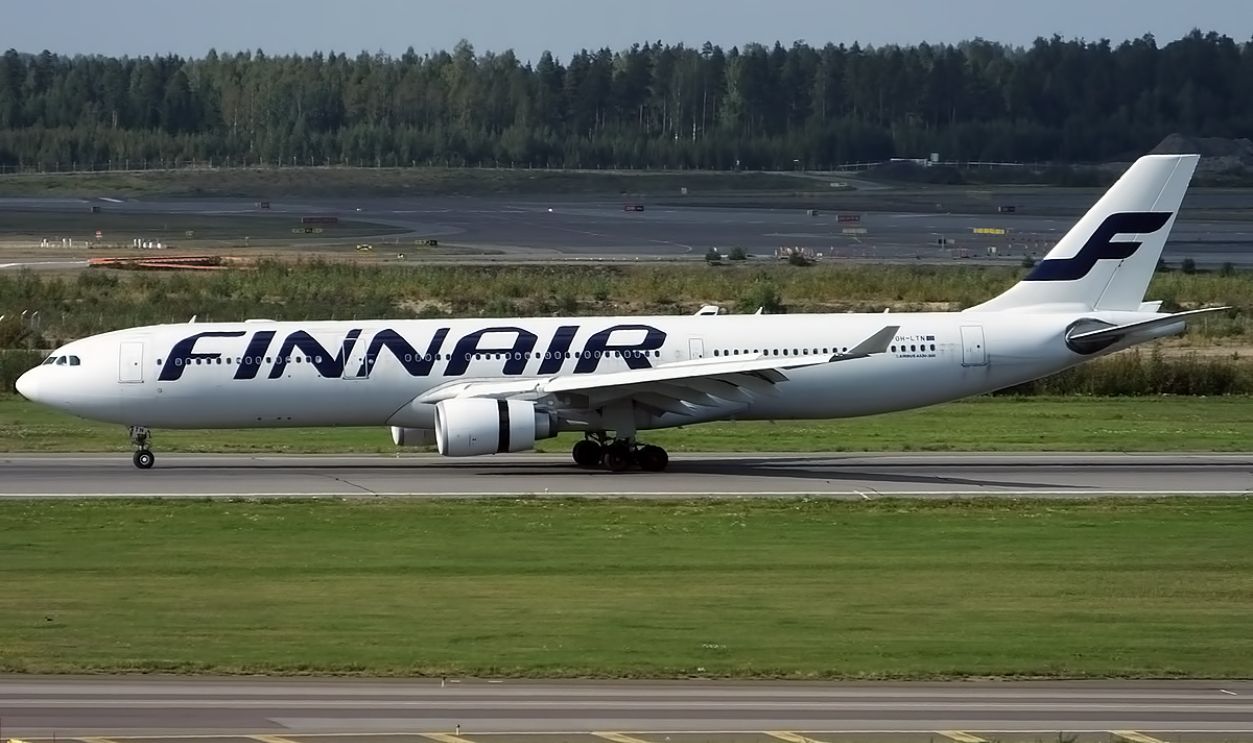 Anna Zvereva, CC BY-SA 2.0, Wikimedia Commons
Anna Zvereva, CC BY-SA 2.0, Wikimedia Commons
Tajik Air (Founded: 1924)
Tajik Air started during the Soviet era, flying small, tough planes like the Polikarpov Po-2 to navigate Central Asia's rugged terrain. It focused on mail and cargo routes, often reaching remote mountain villages no one else could. At one point, it was the only way to access some remote villages in Tajikistan.
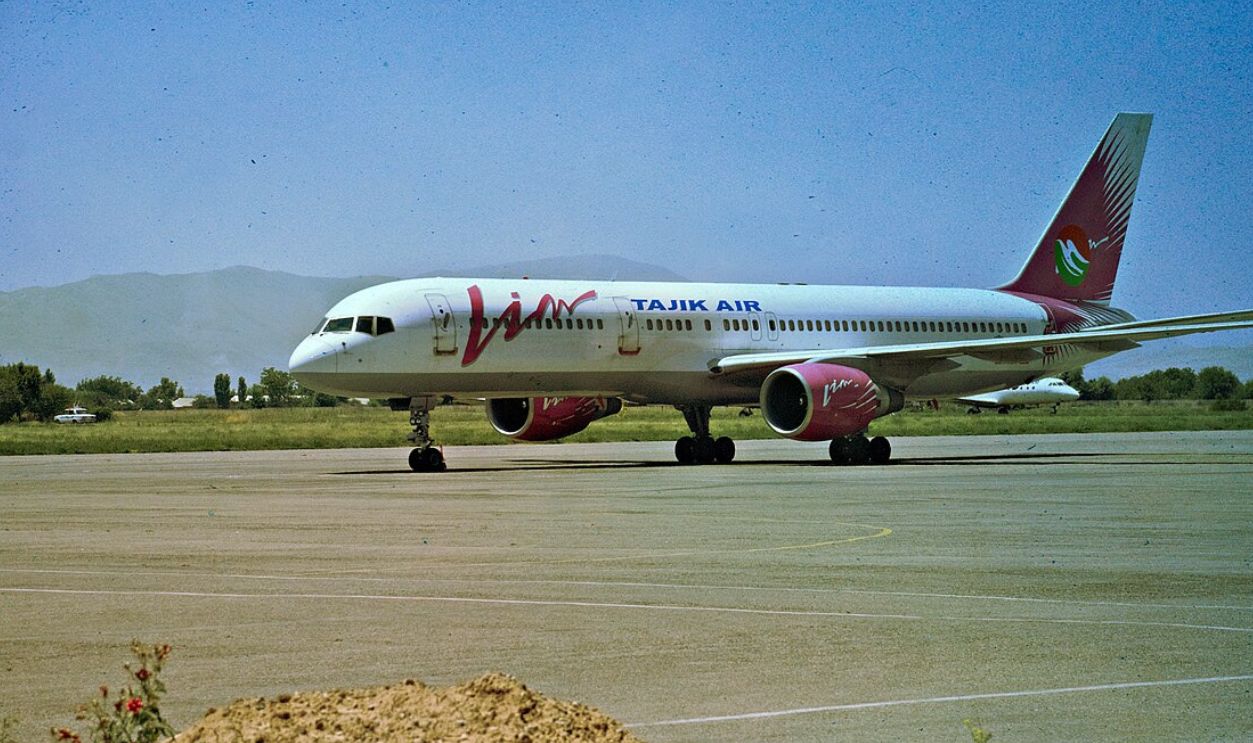 Irene2005, CC BY 2.0, Wikimedia Commons
Irene2005, CC BY 2.0, Wikimedia Commons
A Lifeline Of Tajikistan
After Tajikistan's independence, the airline struggled with outdated infrastructure and regional instability. But despite the challenges, it remains a lifeline for the area. It's not easy operating in some of the world's highest-altitude airports and keeping mountain communities connected.
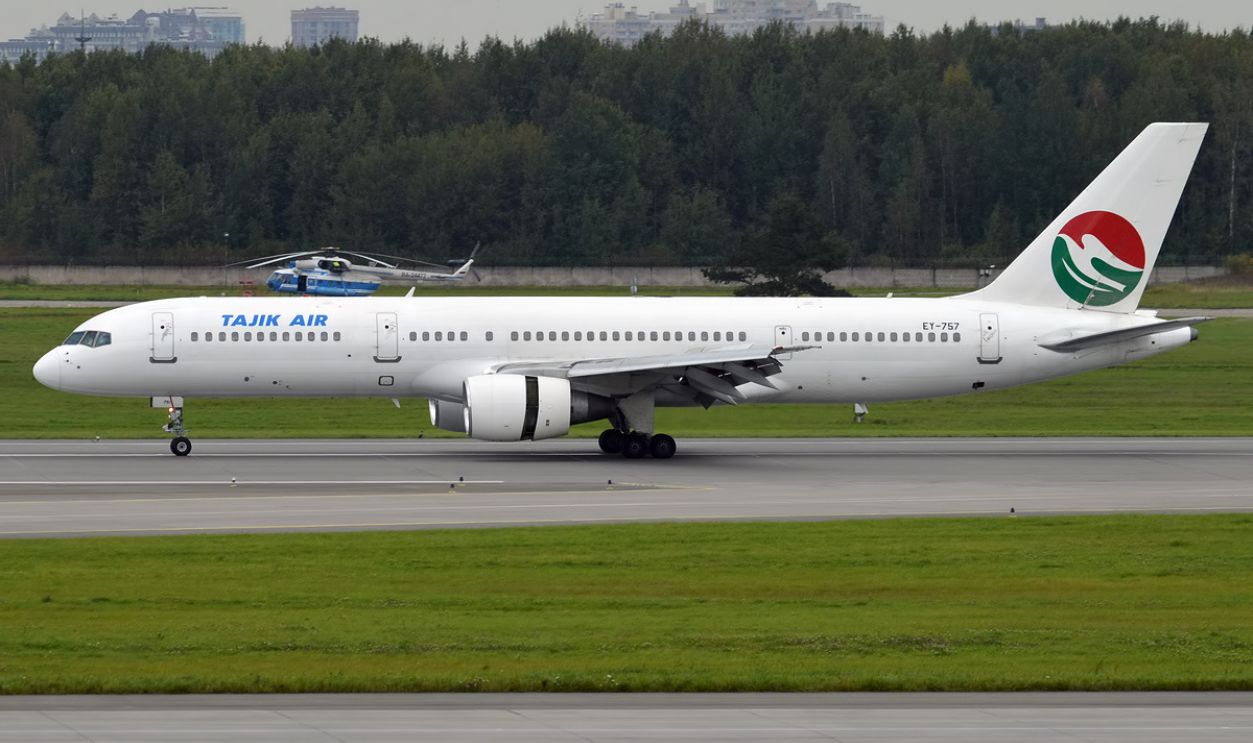 Anna Zvereva, CC BY-SA 2.0, Wikimedia Commons
Anna Zvereva, CC BY-SA 2.0, Wikimedia Commons
Delta Airlines (Founded: 1925)
Love in-flight entertainment? Watching where your plane is and bingeing movies on the flight? Thank Delta. Delta Airlines started as a crop-dusting company in Macon, Georgia, with founder Collett E. Woolman eventually shifting to passenger flights in 1929.
Atlanta's #1 Carrier
Despite challenges like the Great Depression and deregulation, the airline grew steadily. Today, Delta runs an international network and operates out of Atlanta's Hartsfield-Jackson, the world's busiest airport. It is Atlanta's #1 carrier that flies to 200 destinations globally.
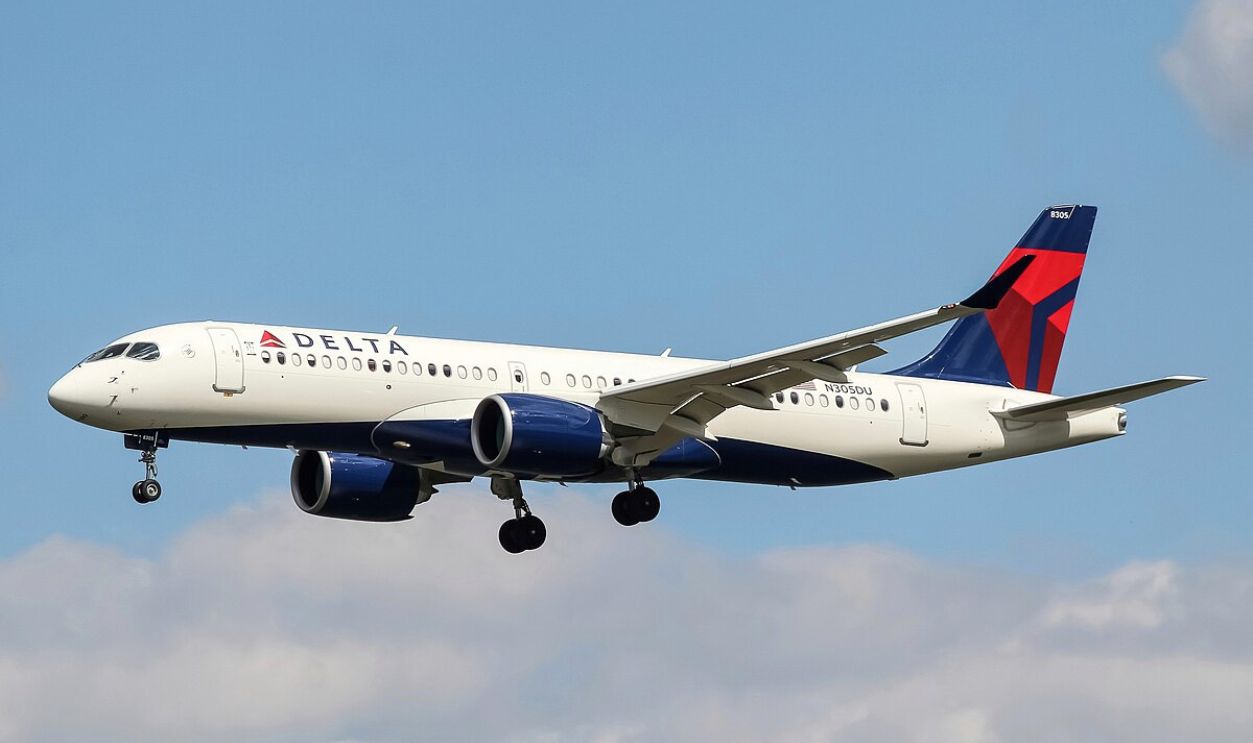 Mogami Kariya, CC BY-SA 2.0, Wikimedia Commons
Mogami Kariya, CC BY-SA 2.0, Wikimedia Commons
American Airlines (Founded: 1926)
American Airlines started as a mail carrier before combining smaller operators in the 1930s to focus on passenger flights. It revolutionized air travel with routes like the transcontinental flight and innovations like the DC-3. DC-3 is one of the best and most versatile aircraft.
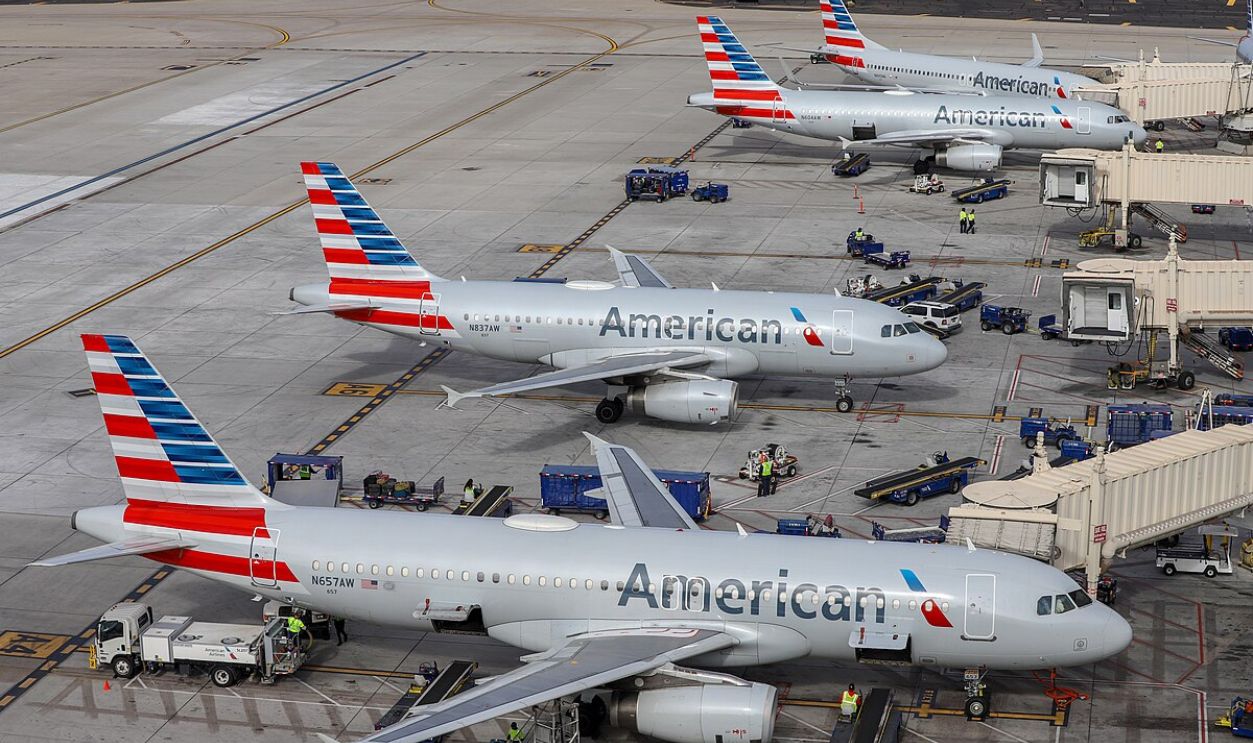 Quintin Soloviev, CC BY-SA 4.0, Wikimedia Commons
Quintin Soloviev, CC BY-SA 4.0, Wikimedia Commons
Super Saver
Known for its silver-liveried fleet, it also created the first frequent flyer program, the AAdvantage. The airline overcame financial crises, and once famously saved 40 grand a year by removing just one olive from first-class salads. LOL.
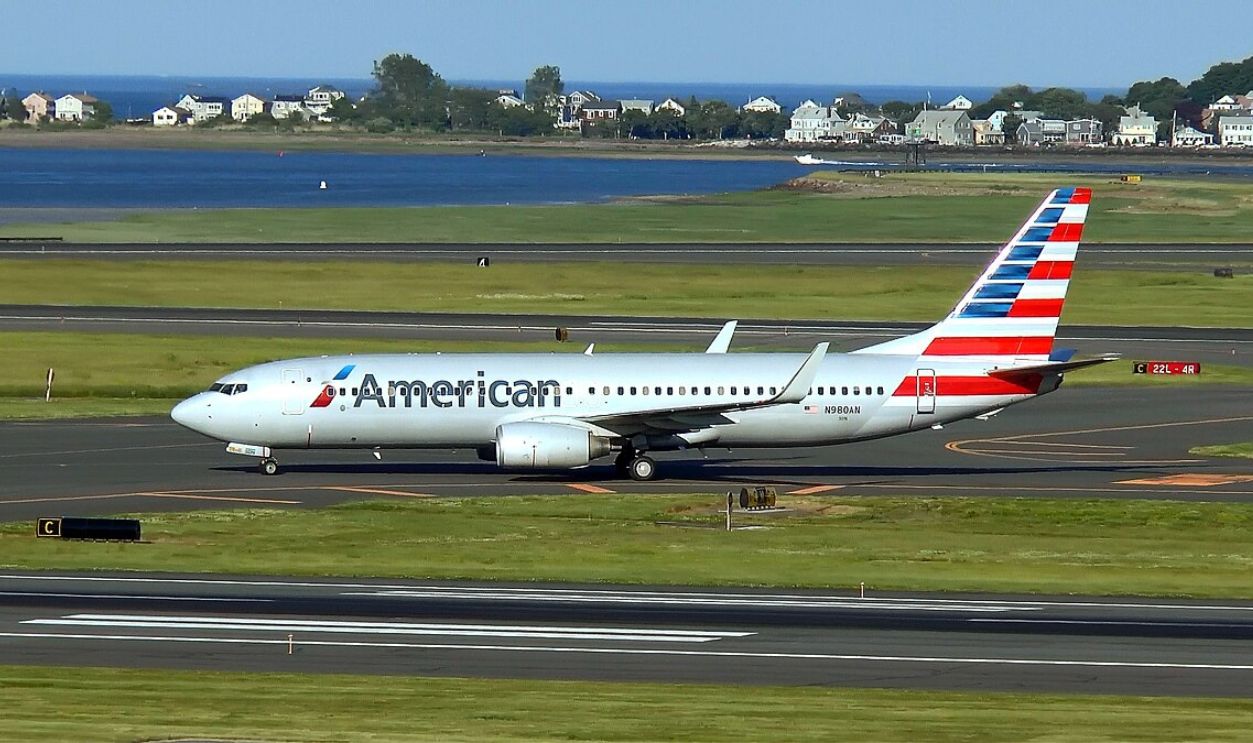 Anthony92931, CC BY-SA 3.0, Wikimedia Commons
Anthony92931, CC BY-SA 3.0, Wikimedia Commons
Air Serbia (Founded: 1927)
Air Serbia's story begins with Aeroput, the first airline in the Kingdom of Serbs, Croats, and Slovenes. By the 1930s, it was connecting Belgrade to major European cities like Vienna and Prague. WWII, however, left the airline in ruins.
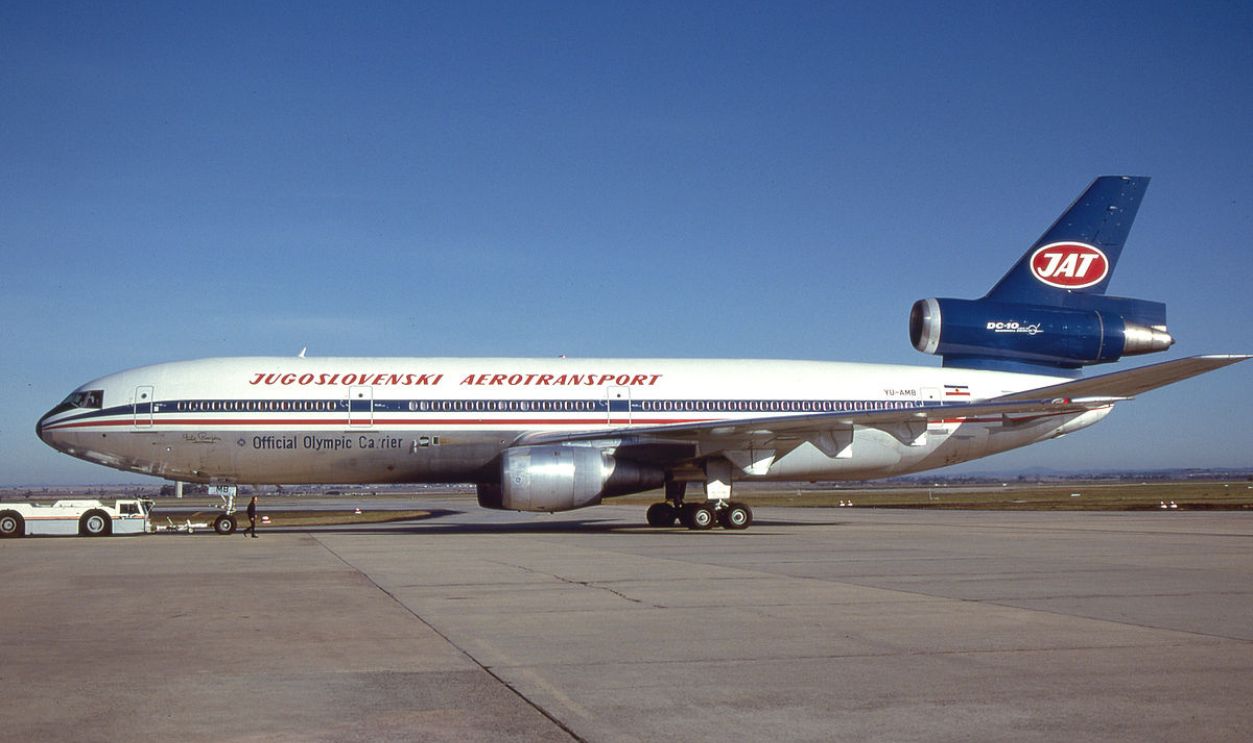 clipperarctic, CC BY-SA 2.0, Wikimedia Commons
clipperarctic, CC BY-SA 2.0, Wikimedia Commons
Airline's Rebrand
But it was reborn in 1947. As JAT Yugoslav Airlines, it became a key carrier during the Cold War, linking East and West. Again in 2013, it rebranded and was modernized with Airbus planes and other partnerships. It was Europe's first airline to offer internet and live TV streaming on flights.
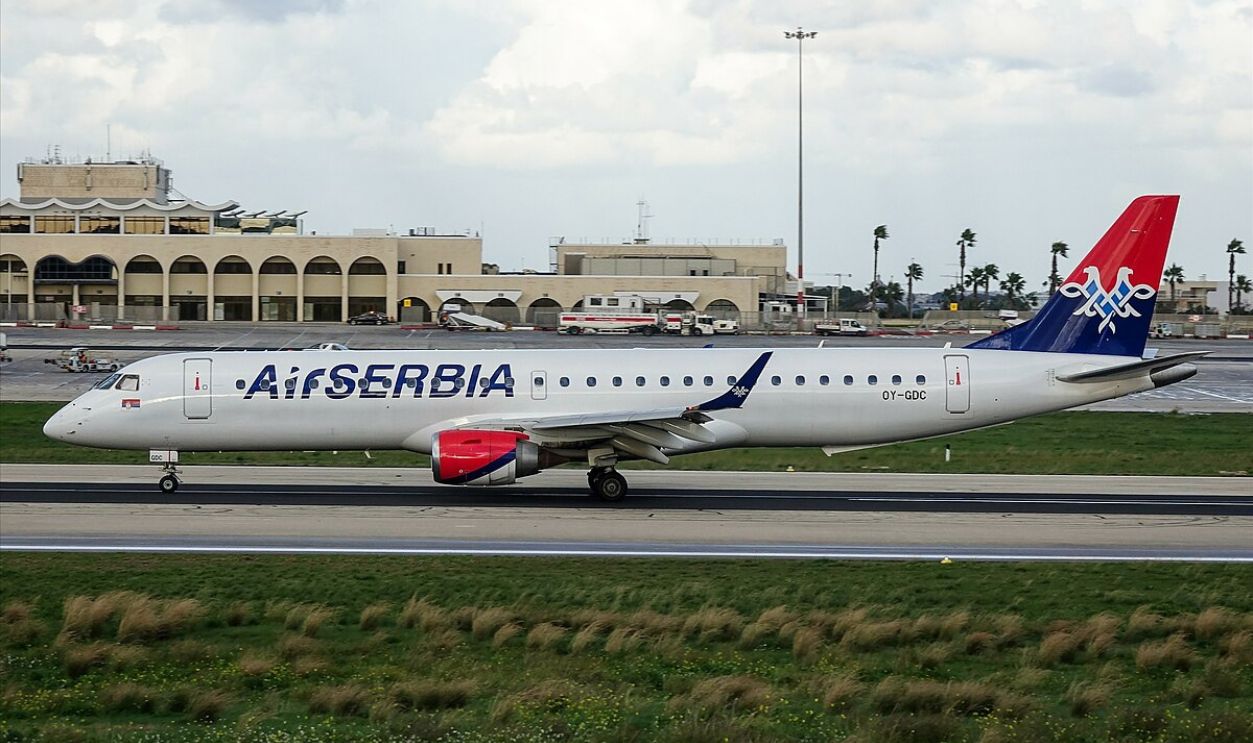 Adrian Cilia, Wikimedia Commons
Adrian Cilia, Wikimedia Commons
Grand Canyon Airlines (Founded: 1927)
Grand Canyon Airlines started with one mission: giving people a bird's-eye view of the Grand Canyon's stunning landscapes. Using Ford Trimotor planes, its founders—local aviation enthusiasts—introduced tourists to Arizona's natural, stunning beauty from above.
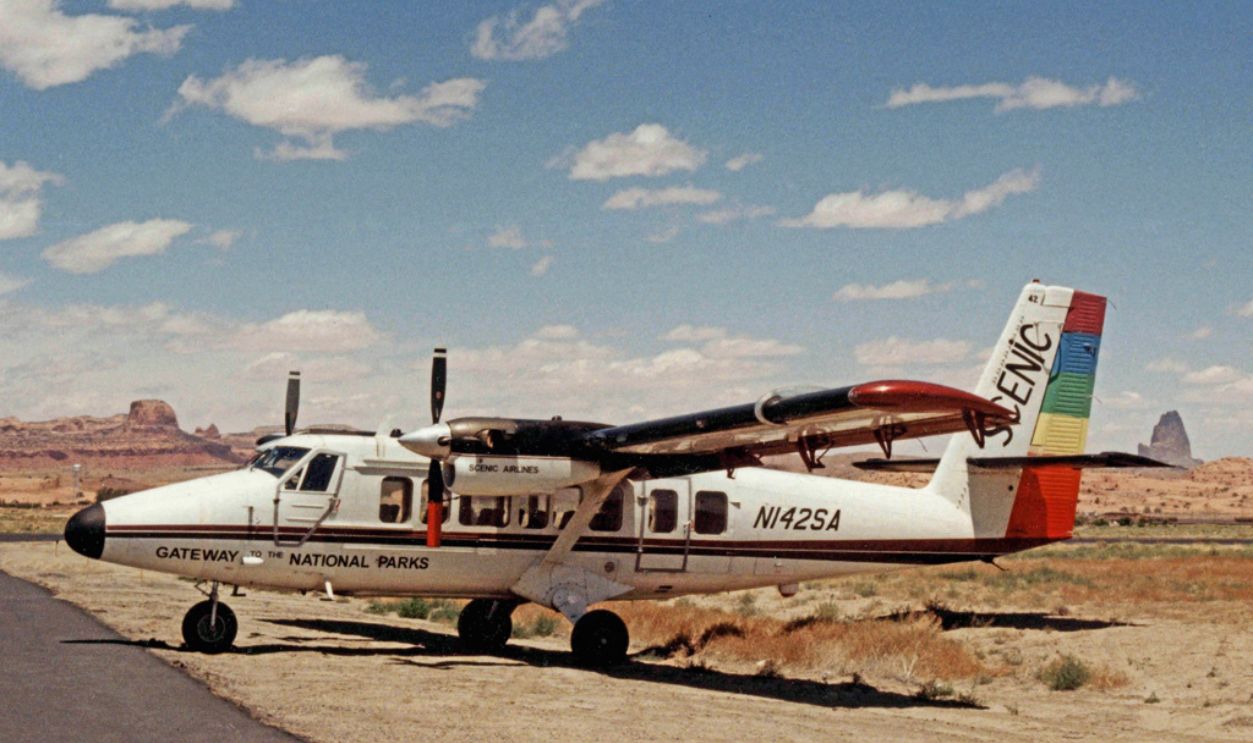 RuthAS, CC BY-SA 3.0, Wikimedia Commons
RuthAS, CC BY-SA 3.0, Wikimedia Commons
Eco-Friendly Operations
Now the world's oldest air tour company, it still specializes in scenic flights. It's got aircraft with specially designed windows for the best views. Committed to eco-friendly operations, it uses modern, low-emission planes to preserve the canyon while continuing to wow flyers.
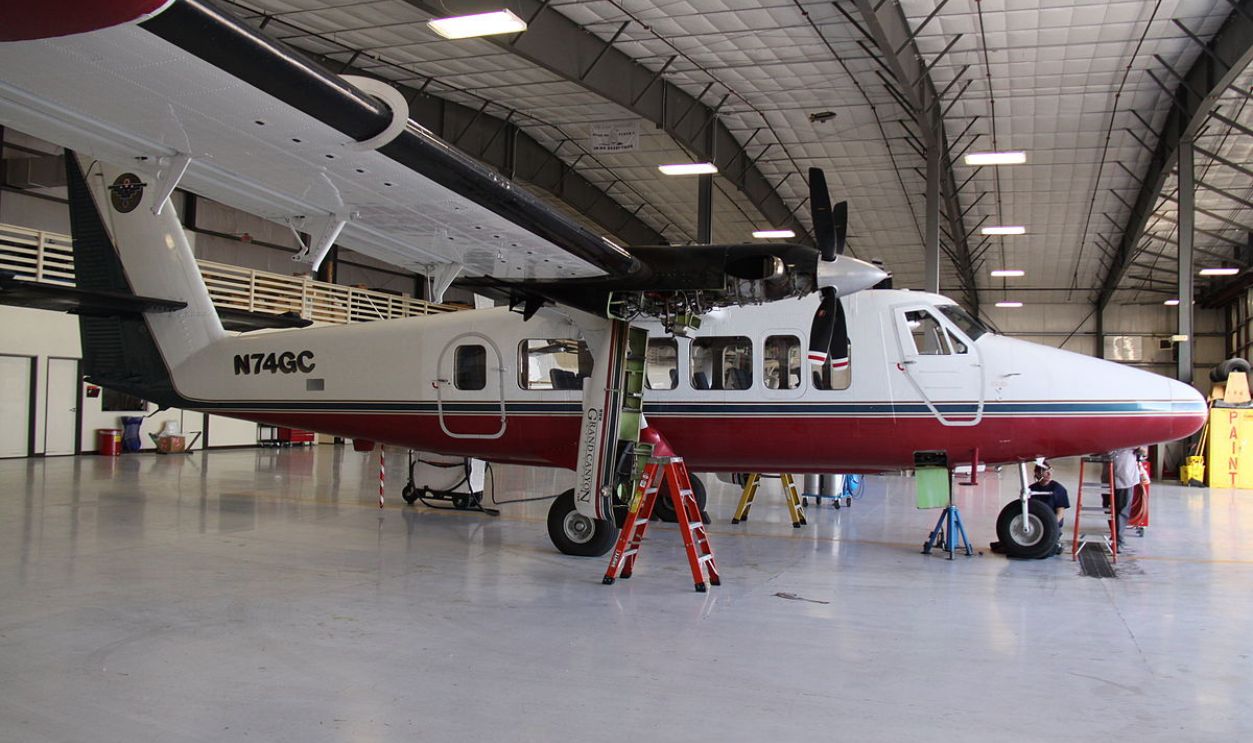 aeroprints.com, CC BY-SA 3.0, Wikimedia Commons
aeroprints.com, CC BY-SA 3.0, Wikimedia Commons
LOT Polish Airlines (Founded: 1929)
LOT Polish Airlines was founded during interwar Poland, connecting Warsaw to regional cities and European capitals with Junkers F-13 planes. WWII halted operations, destroying its fleet, but the airline was rebuilt post-war. Then, it introduced planes like the Ilyushin Il-14 and Boeing 767.
LOT = "Flight"
Its name (lɔt), meaning "Flight" in Polish, reflects its mission of resilience and innovation. Because despite political and economic challenges, LOT thrived, and it became the first European airline to fly the Boeing 787 Dreamliner.
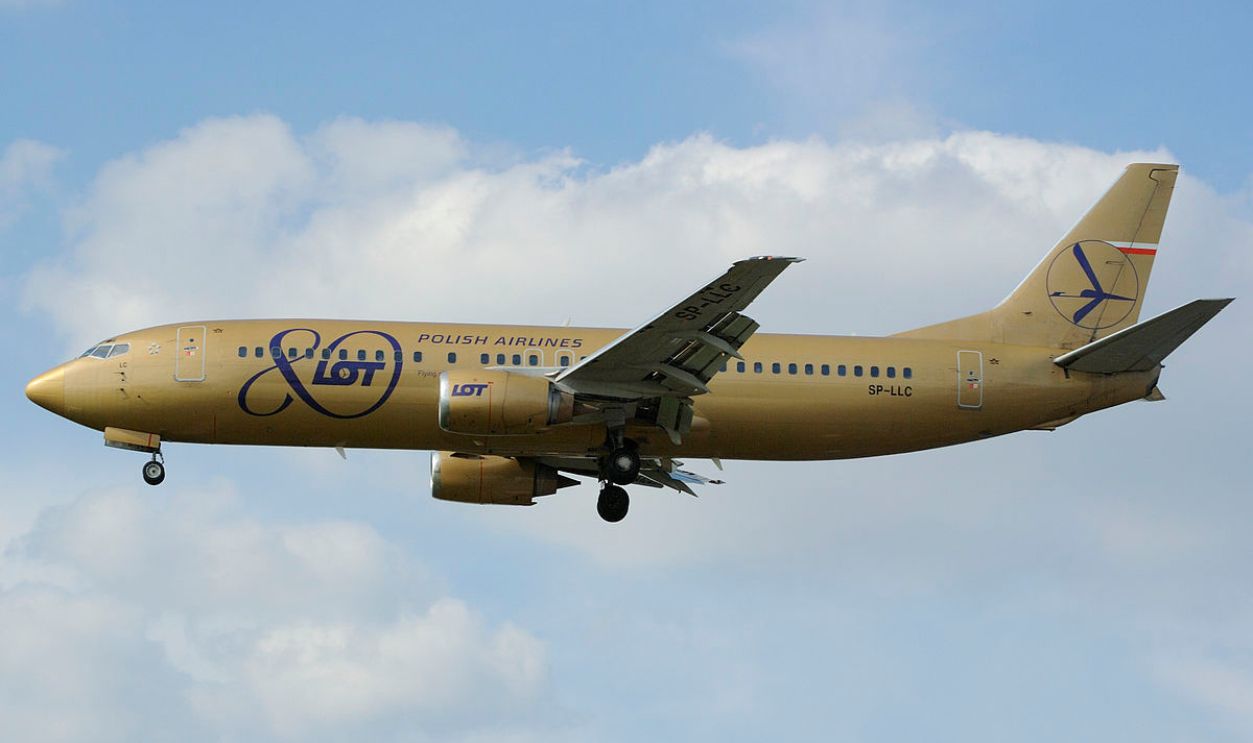 NMOS332, CC BY-SA 2.0, Wikimedia Commons
NMOS332, CC BY-SA 2.0, Wikimedia Commons
Hawaiian Airlines (Founded: 1929)
Hawaiian Airlines began as Inter-Island Airways, flying Sikorsky S-38 planes between Oahu and Maui. It quickly became essential for residents and tourists, offering fast travel across Hawaii. Then, during WWII, it supported military transport. And after the war, the airline expanded and started covering international destinations.
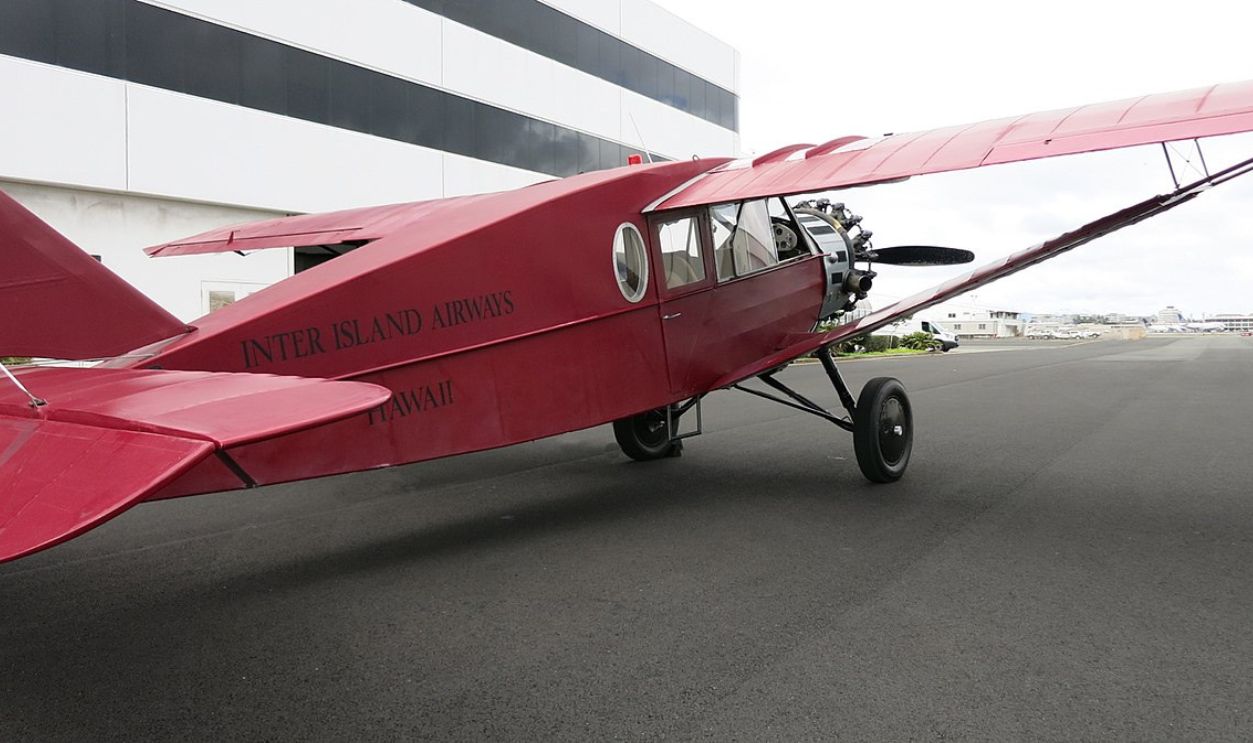 Locoscoutla, CC BY-SA 4.0, Wikimedia Commons
Locoscoutla, CC BY-SA 4.0, Wikimedia Commons
Safe And Secure
Hawaiian Airlines is known for its stellar safety record and the best on-time performance among US carriers. Even its in-flight safety video celebrates Hawaiian culture and scenery, making every flight uniquely local. It's been a key part of Hawaii's tourism economy.
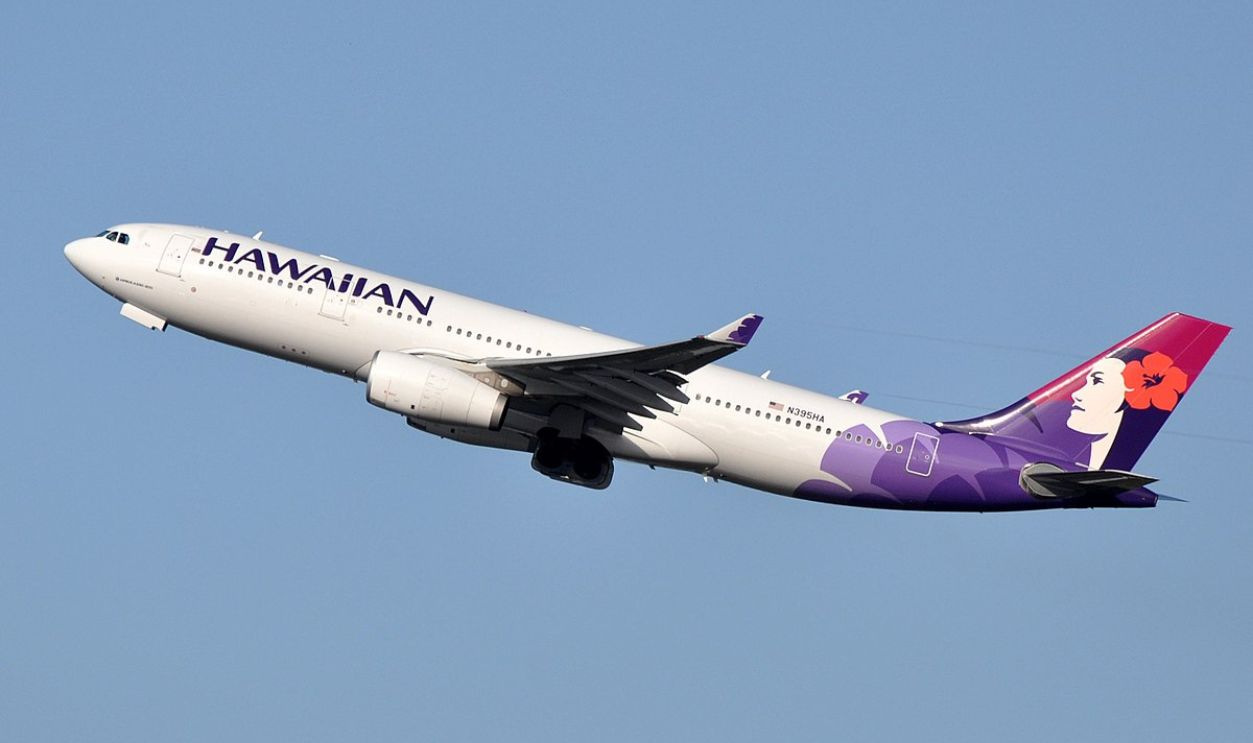 Eric Salard, CC BY-SA 2.0, Wikimedia Commons
Eric Salard, CC BY-SA 2.0, Wikimedia Commons
LATAM Chile (Founded: 1929)
LATAM Airlines started as LAN Chile, using small propeller planes to connect remote areas like Patagonia and the Atacama Desert. With time, it grew into an international carrier, reaching South America, the US, and Europe.
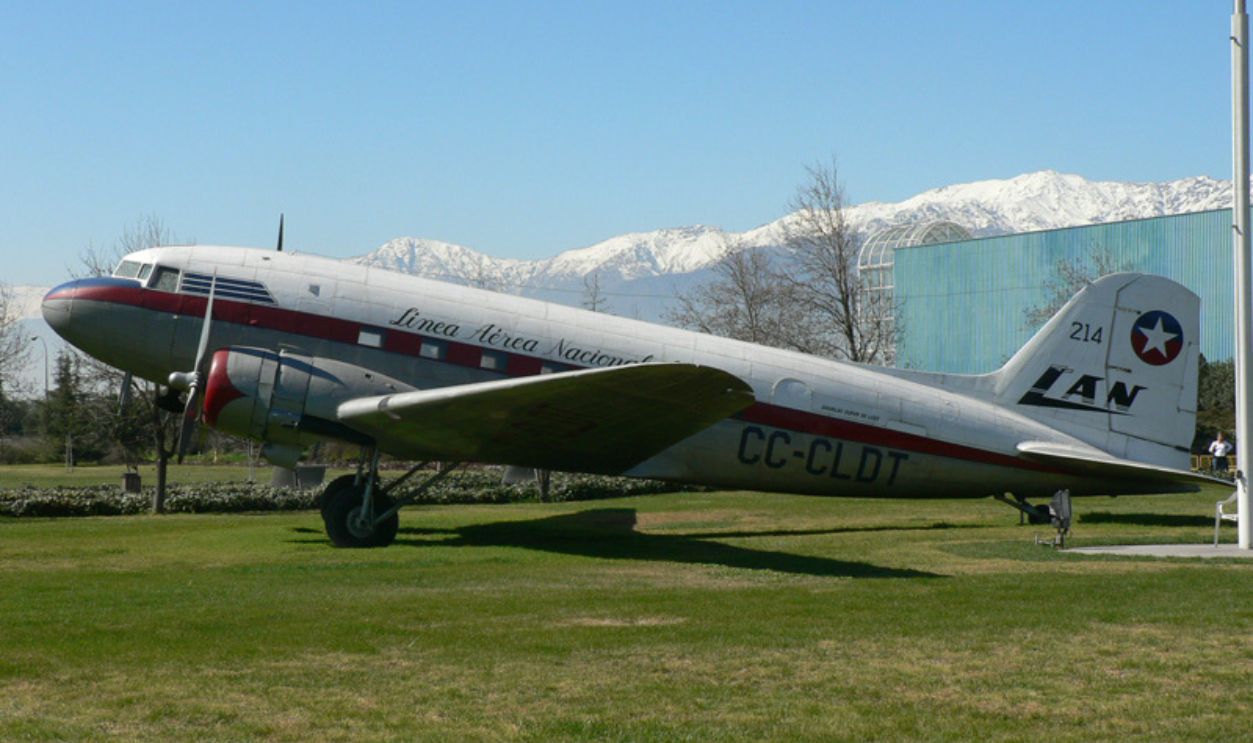 Don Felipe, nuestra Web, CC BY-SA 2.5, Wikimedia Commons
Don Felipe, nuestra Web, CC BY-SA 2.5, Wikimedia Commons
Largest Latin American Airline
After merging with Brazil's TAM Airlines in 2012, it became Latin America's largest airline. As the first South American carrier in the OneWorld alliance, LATAM is known for its reliability and modern fleet. Its tail logo reflects the Andes Mountains and the region's rich diversity.
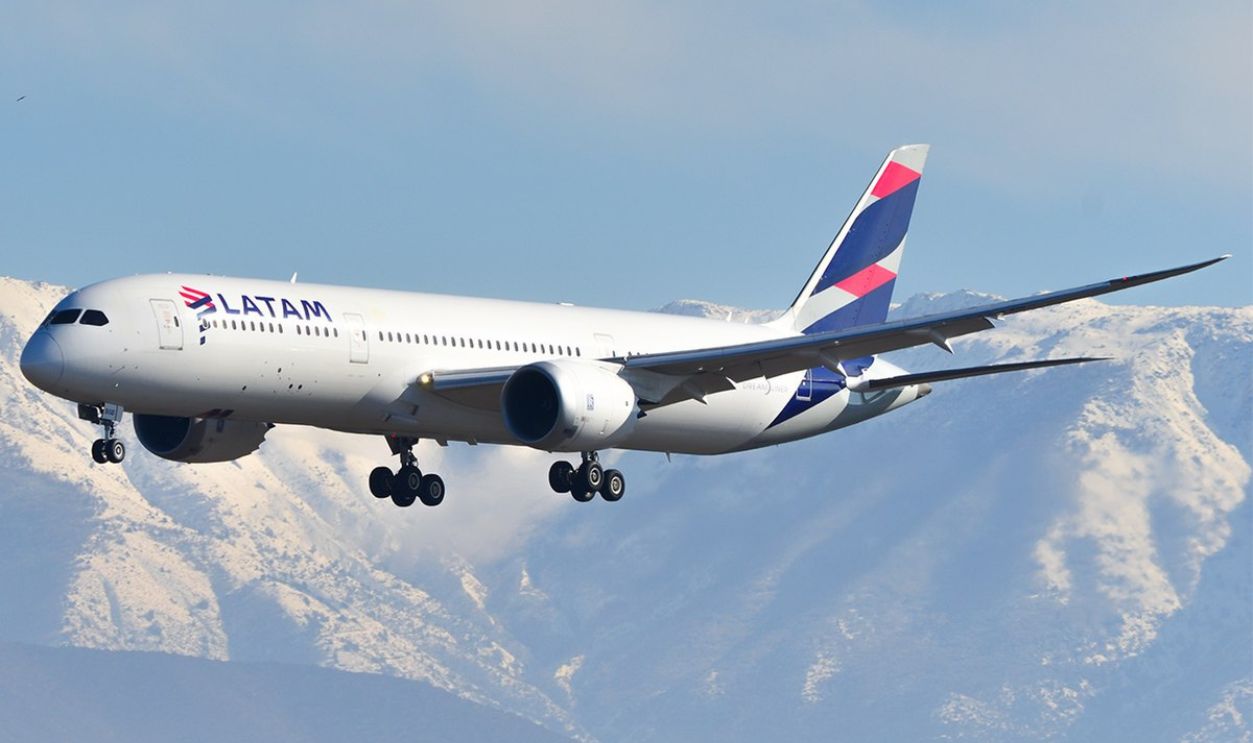 Maurice Becker, CC BY-SA 4.0, Wikimedia Commons
Maurice Becker, CC BY-SA 4.0, Wikimedia Commons
Aeropostal Alas de Venezuela (Founded: 1929)
Aeropostal began with French support as part of Aéropostale's global airmail expansion, using Latécoère planes to link Venezuelan cities with the Caribbean and South America. Charles Lindbergh even flew its first route as a demonstration for the founders.
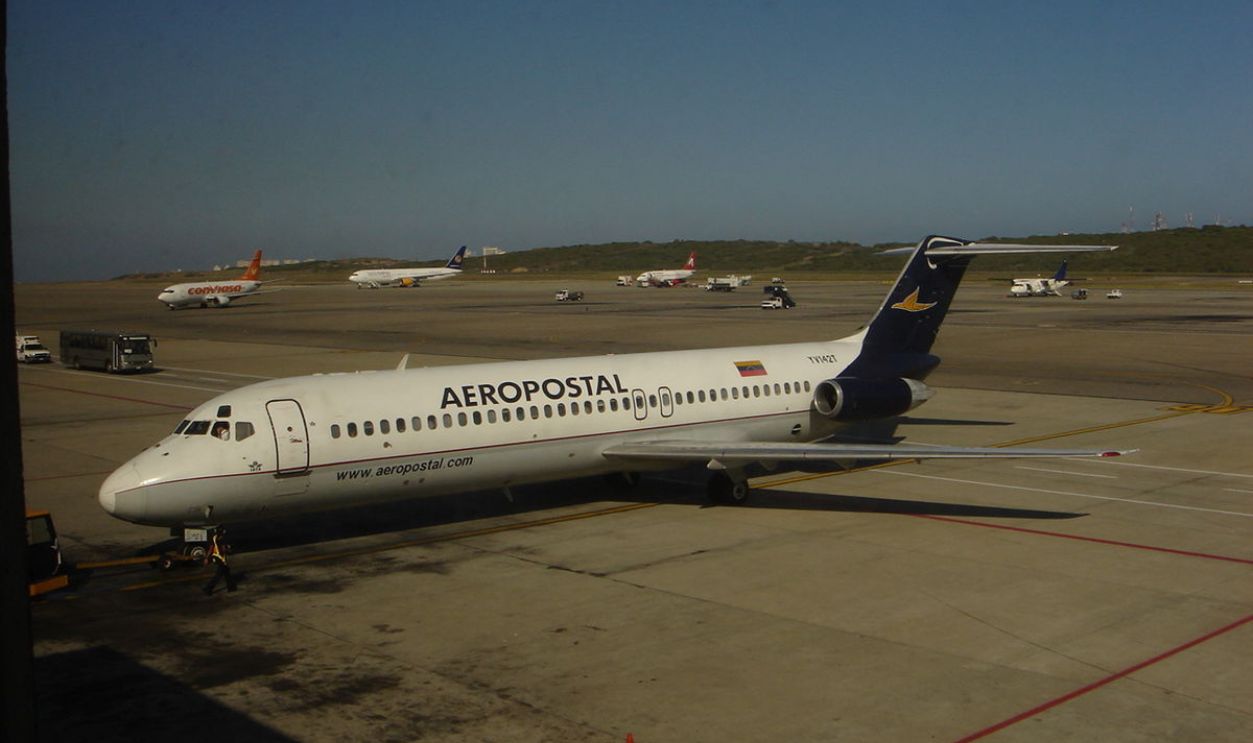 Fersolieslava, CC BY-SA 3.0, Wikimedia Commons
Fersolieslava, CC BY-SA 3.0, Wikimedia Commons
Proof Of Venezuela's Progress
In the mid-20th century, Aeropostal modernized with Douglas DC-3 and DC-9 aircraft, which symbolized Venezuela's progress. Though later hampered by economic and political challenges, it remained a key regional carrier. Its name reflects its postal service roots, and its legacy remains as one of South America's oldest airlines.
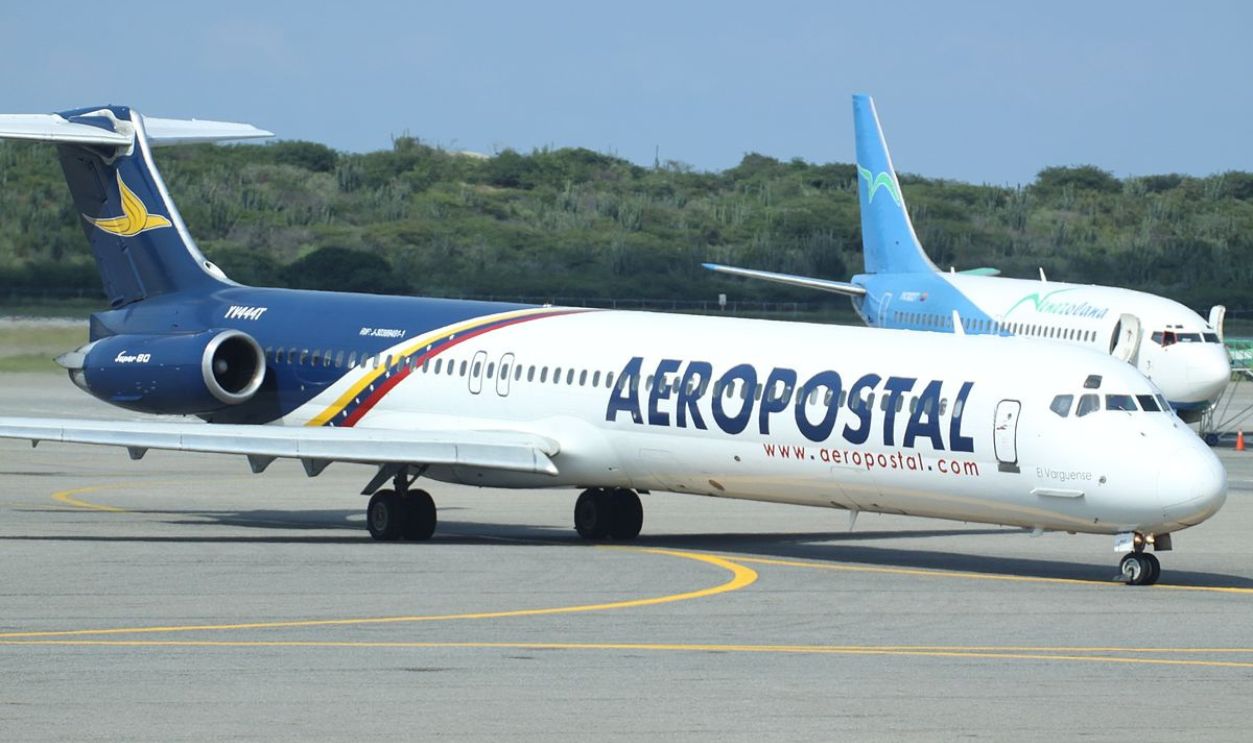 aeroprints.com, CC BY-SA 3.0, Wikimedia Commons
aeroprints.com, CC BY-SA 3.0, Wikimedia Commons
Cubana De Aviación (Founded: 1929)
Cubana de Aviación started during Cuba's economic boom, flying Ford Trimotors and DC-3s to connect Havana with the Americas. In the 1950s, it became the first Latin American airline to use a jet-powered aircraft, the de Havilland Comet, and to introduce jet services in the first place.
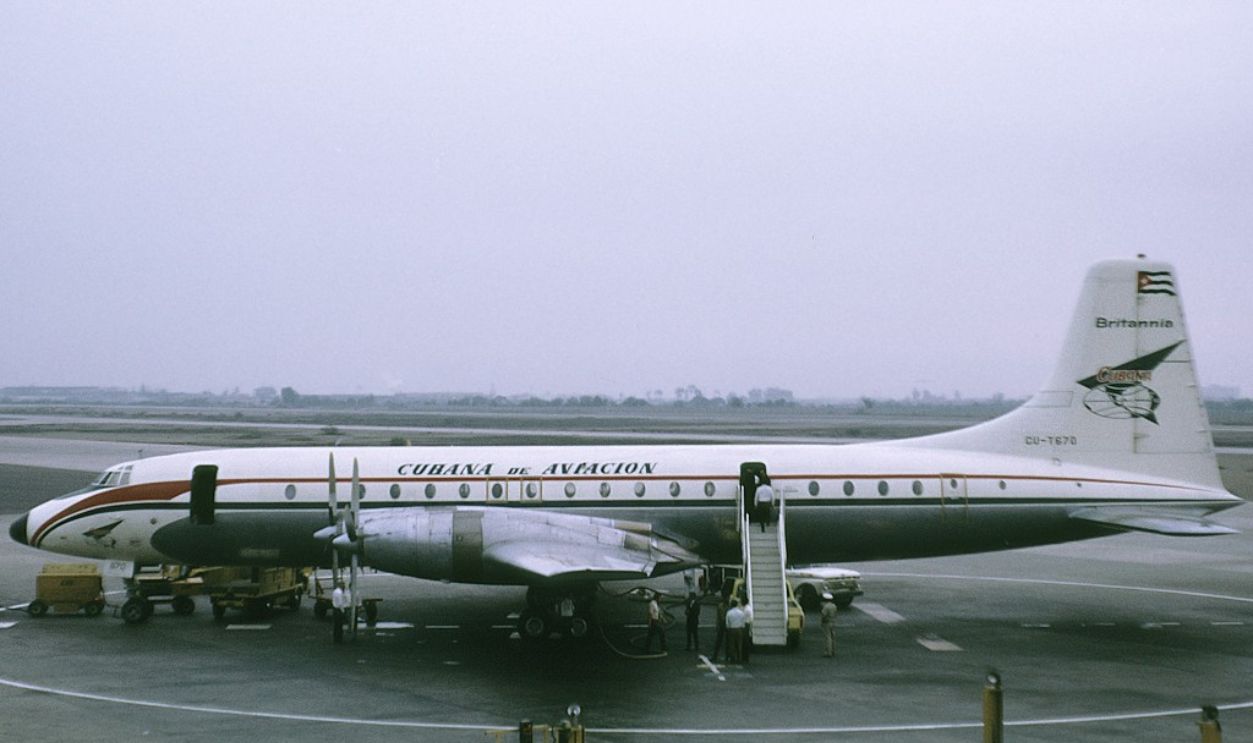 RuthAS, CC BY 3.0, Wikimedia Commons
RuthAS, CC BY 3.0, Wikimedia Commons
The Soviet Airline Of The Americas
After the Cuban Revolution, US sanctions forced Cubana to rely on Soviet planes like the Ilyushin Il-62. This earned it the nickname "The Soviet Airline of the Americas". Despite these challenges, it remains an important connection for Cuba and its global partners.
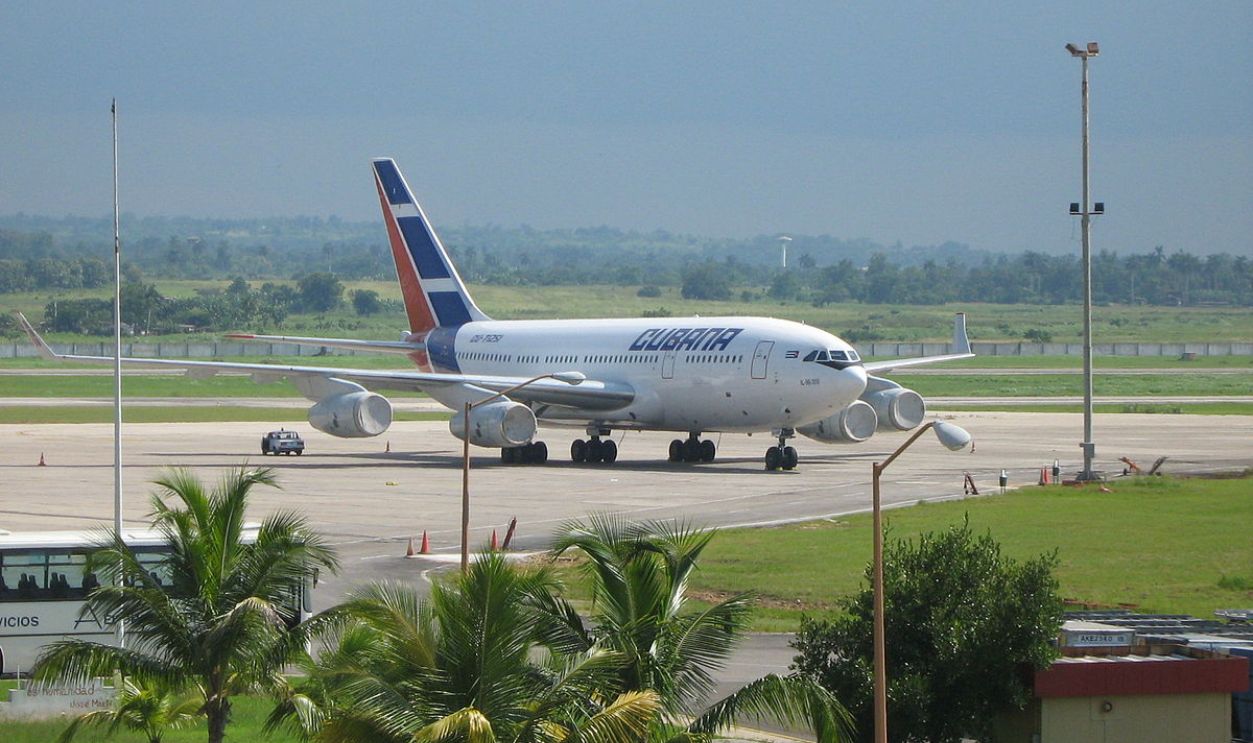 Happypepe, CC BY-SA 4.0, Wikimedia Commons
Happypepe, CC BY-SA 4.0, Wikimedia Commons
Air India (Founded: 1932)
Air India began as Tata Airlines, founded by J.R.D. Tata, who also served as its first pilot. He personally flew the inaugural mail flight (a de Havilland Puss Moth) from Karachi to Bombay in 1932. Despite obstacles like WWII and India's partition, the airline grew, rebranding as Air India in 1946.
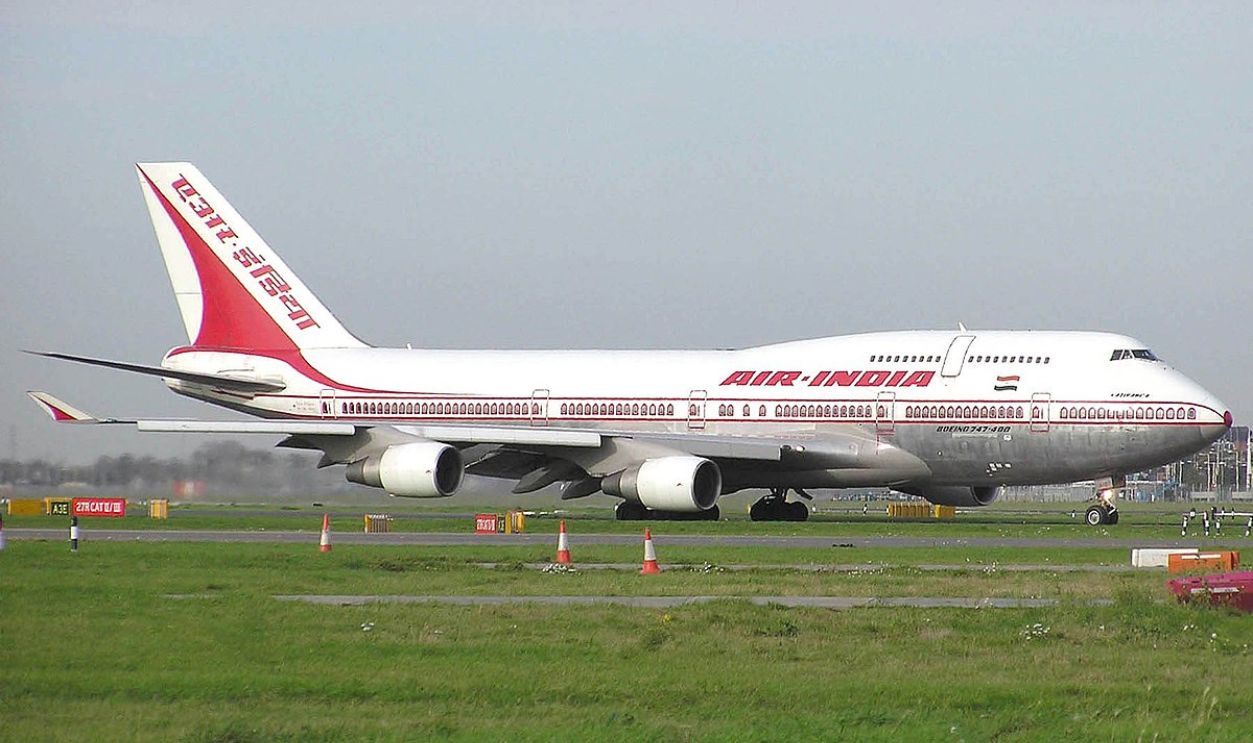 Arpingstone, Wikimedia Commons
Arpingstone, Wikimedia Commons
Maharaja Mascot
In the 1960s, it became the first Asian airline to join the jet age, symbolized by its iconic Maharaja mascot, originally a sales tool for luxury services. Today, Air India remains a key player in connecting India to the world.
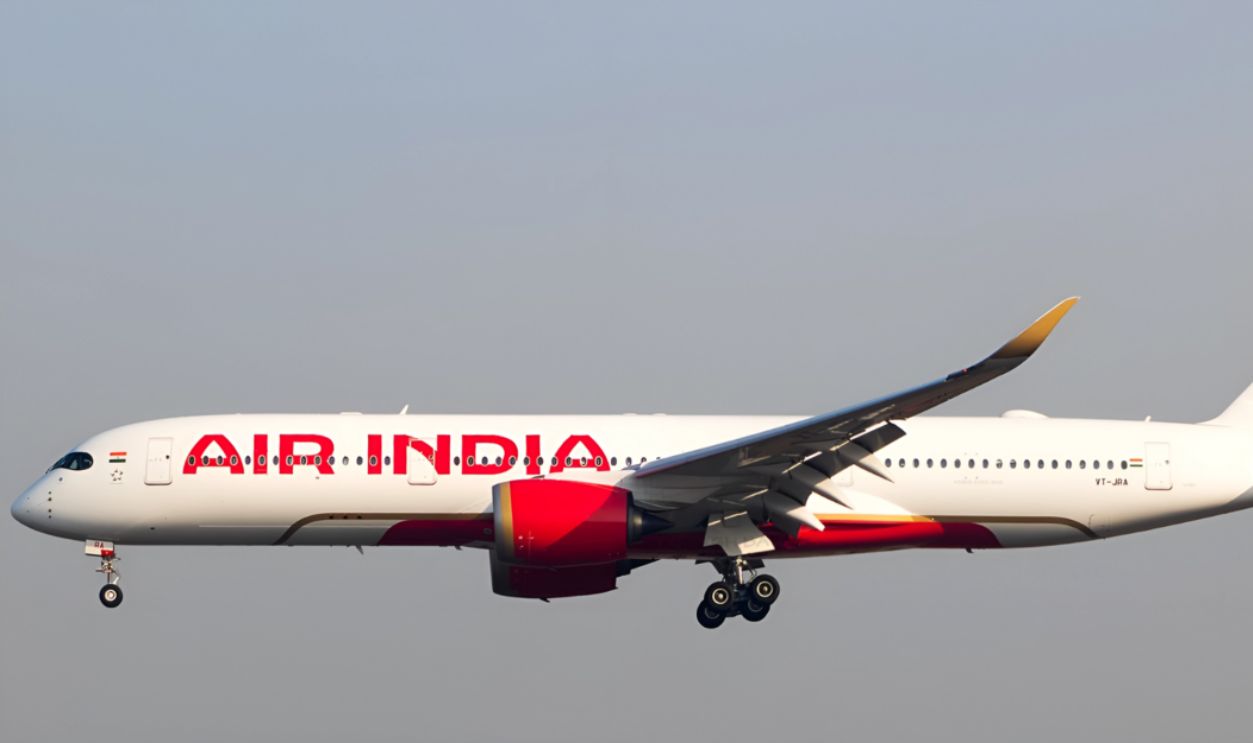 Pramodkraj12, CC BY 4.0, Wikimedia Commons
Pramodkraj12, CC BY 4.0, Wikimedia Commons
Alaska Airlines (Founded: 1932)
Back then it was McGee Airways and used single-engine planes to connect remote Alaskan communities. The climate and conditions were tough, so, Alaskan Airlines became essential for passengers and cargo in areas without road access.
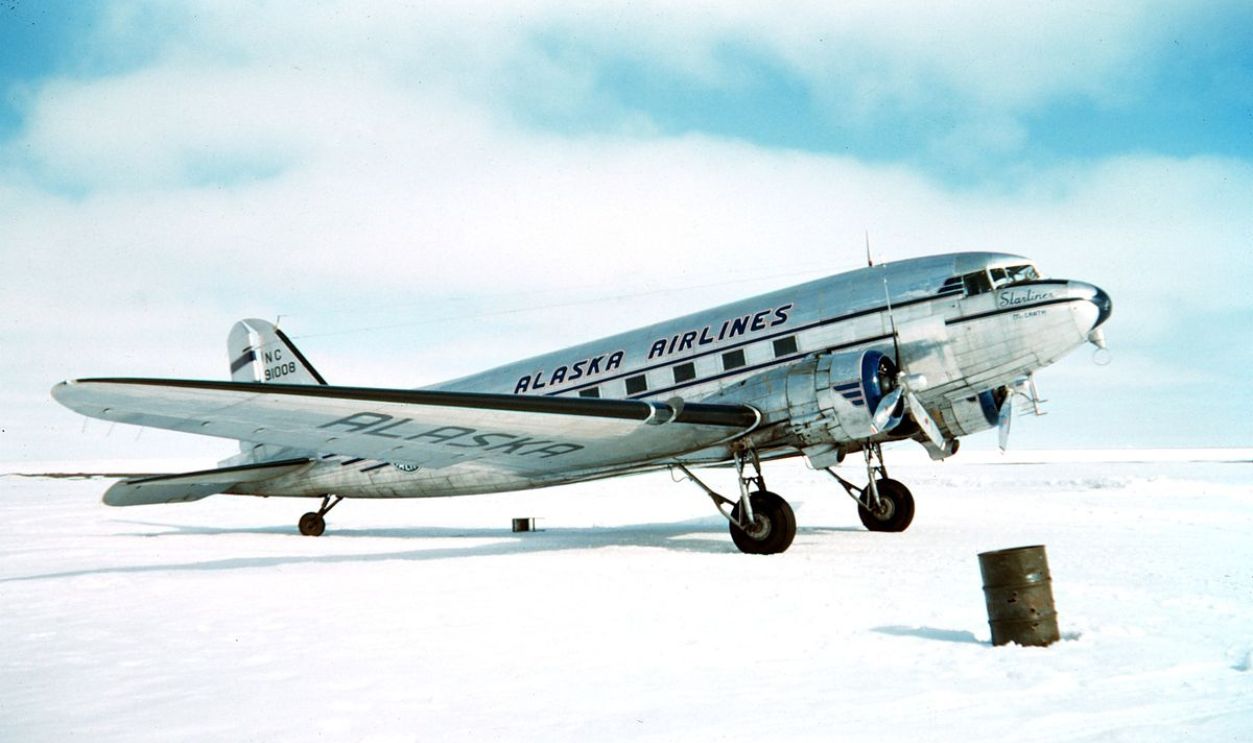 Harley D. Nygren, Hohum, CC BY-SA 3.0, Wikimedia Commons
Harley D. Nygren, Hohum, CC BY-SA 3.0, Wikimedia Commons
Introduced Online Check-In
After WWII, the airline expanded to the continental US and beyond, earning a reputation for innovation and adventure. You know how you have the privilege of online check-in when you're running late for your flight? Alaskan Airlines was the first to offer that service in 1999. They also introduced satellite-based navigation for polar routes.
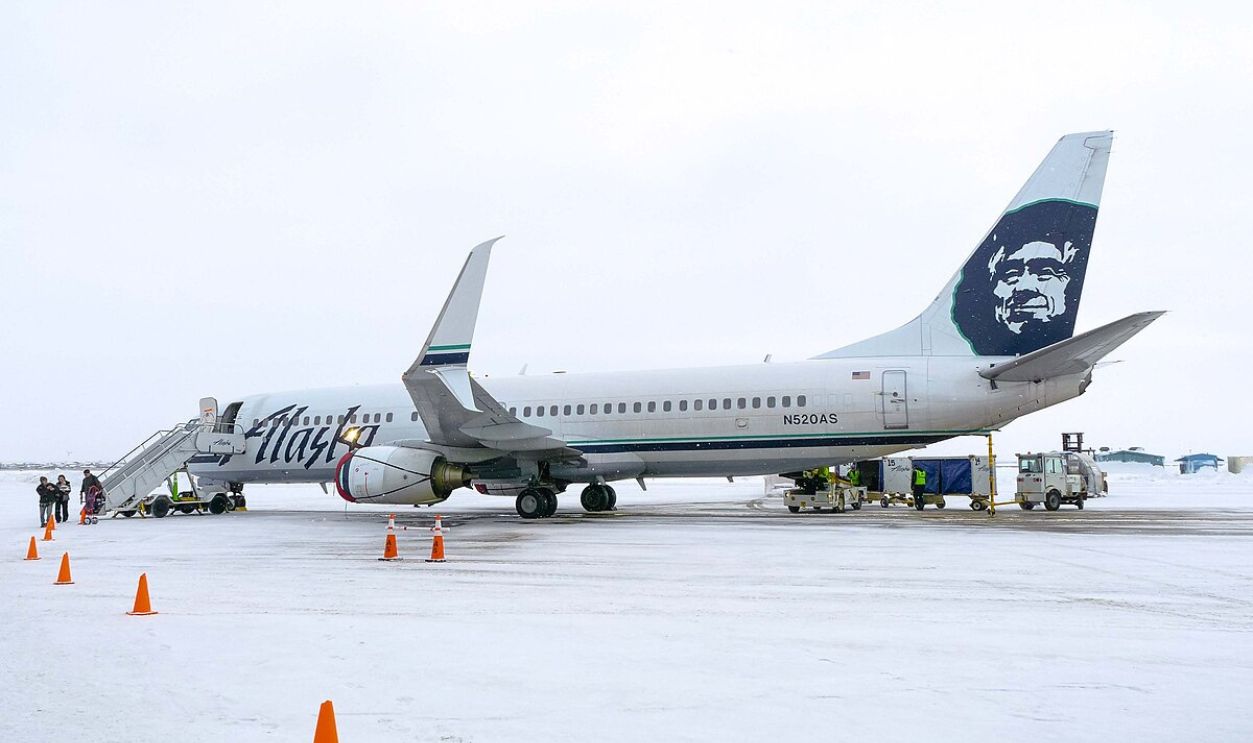 Quintin Soloviev, CC BY-SA 4.0, Wikimedia Commons
Quintin Soloviev, CC BY-SA 4.0, Wikimedia Commons
Egyptair (Founded: 1932)
Misr Airlines began with Spartan Cruisers connecting regional destinations during Egypt's modernization era. By the 1960s, it introduced jets and rebranded as Egyptair. Despite all challenges and geopolitical tensions, it became a major force in African and Middle Eastern aviation.
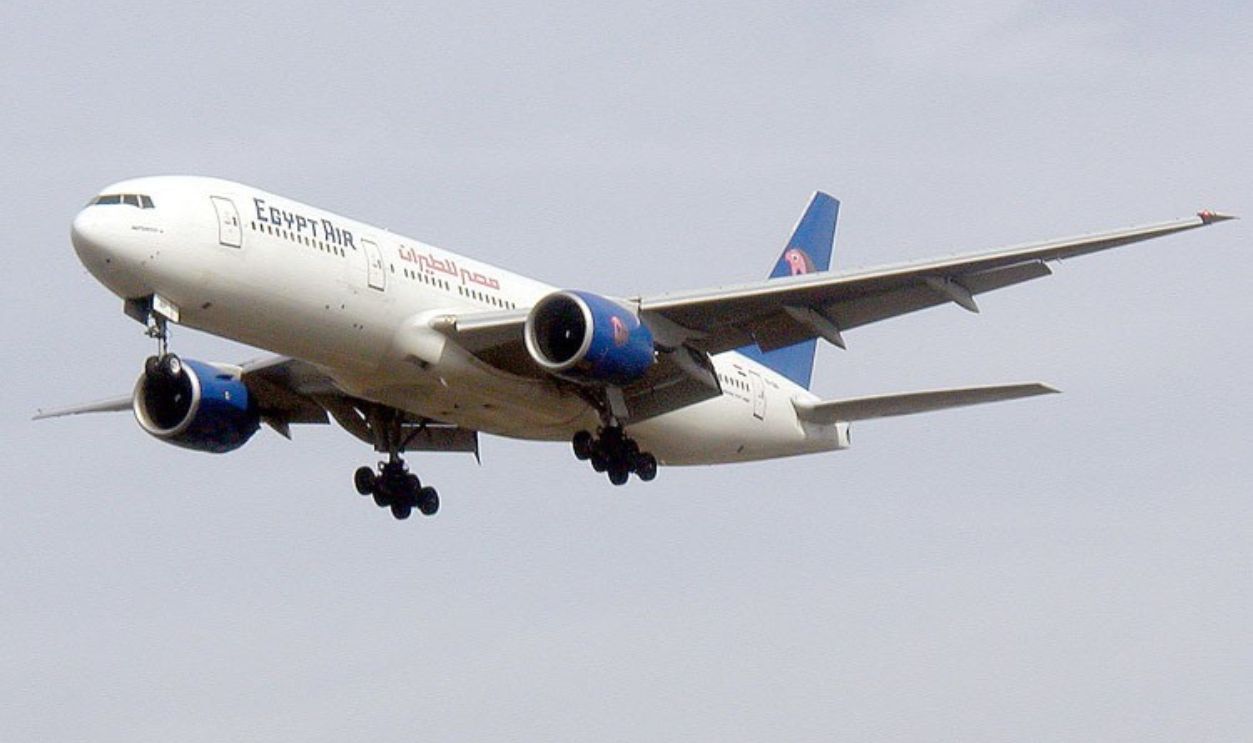 Adrian Pingstone, Wikimedia Commons
Adrian Pingstone, Wikimedia Commons
Horus' Symbol
As the first Middle Eastern and African airline in the Star Alliance, Egyptair connects Africa to the world. Its logo, featuring Horus, is a symbol of protection and speed. It tells us about the airline's cultural heritage and global reach.
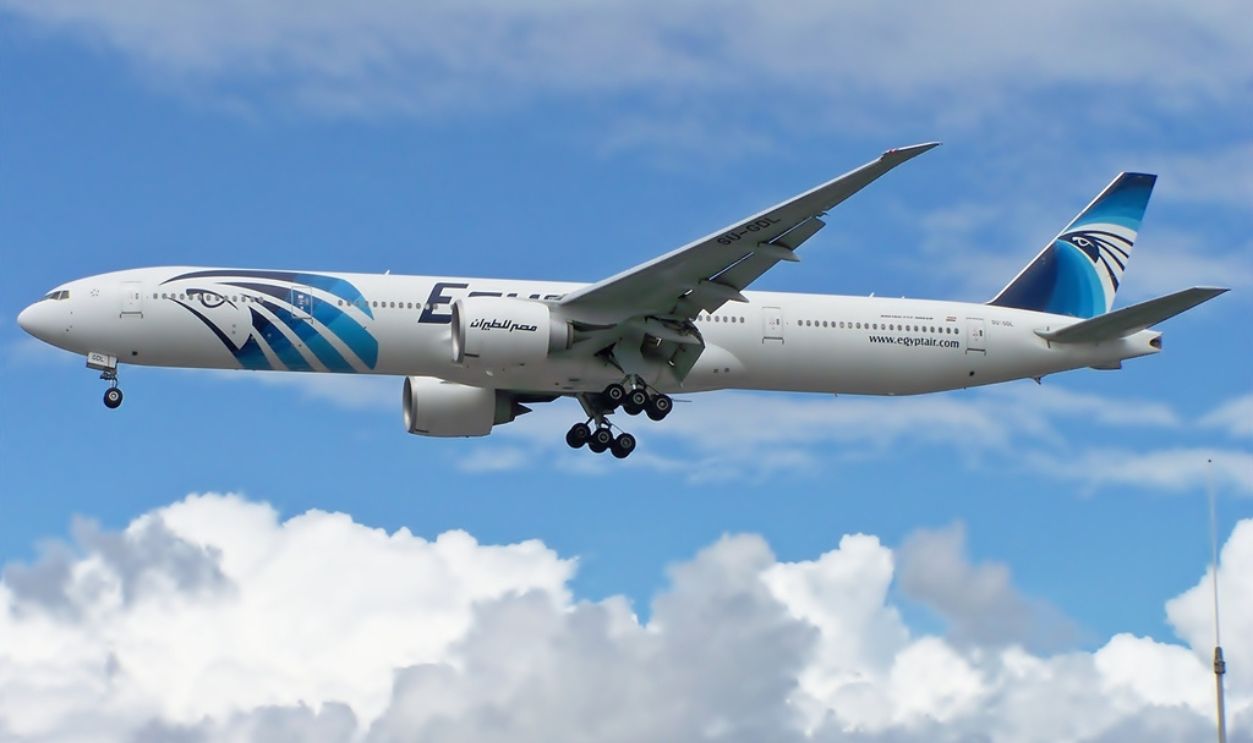 Mark Harkin, CC BY 2.0, Wikimedia Commons
Mark Harkin, CC BY 2.0, Wikimedia Commons
Air France (Founded: 1933)
Air France emerged from a merger of smaller French carriers and quickly became a leader in European aviation. Early on, it flew elegant planes like the Dewoitine D.338, connecting France to its colonies and more.
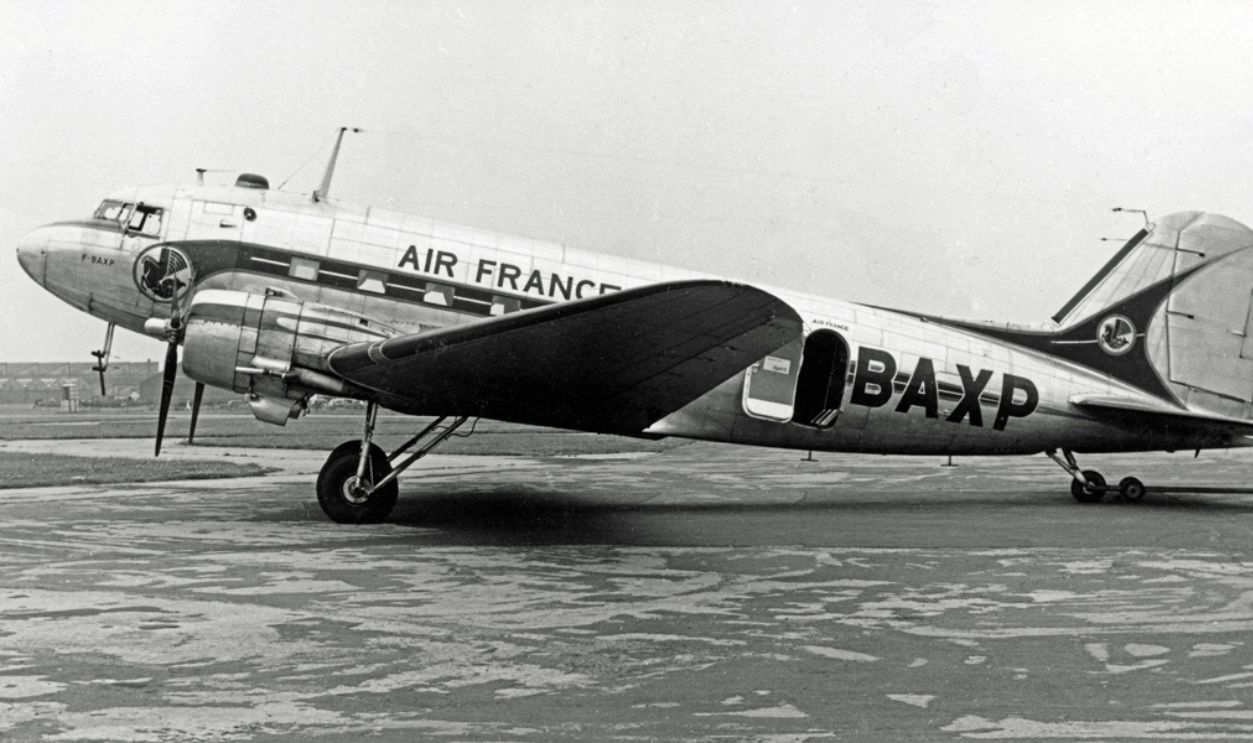 RuthAS, CC BY 3.0, Wikimedia Commons
RuthAS, CC BY 3.0, Wikimedia Commons
King Of Luxury
Air France is known for its luxury. It helped launch the Concorde in 1976 (it's a supersonic aircraft), and set a new standard with "La Première," its premium first-class service. In true French fashion, they've got menus specially crafted by Michelin-starred chefs and an extensive collection of the finest wines.
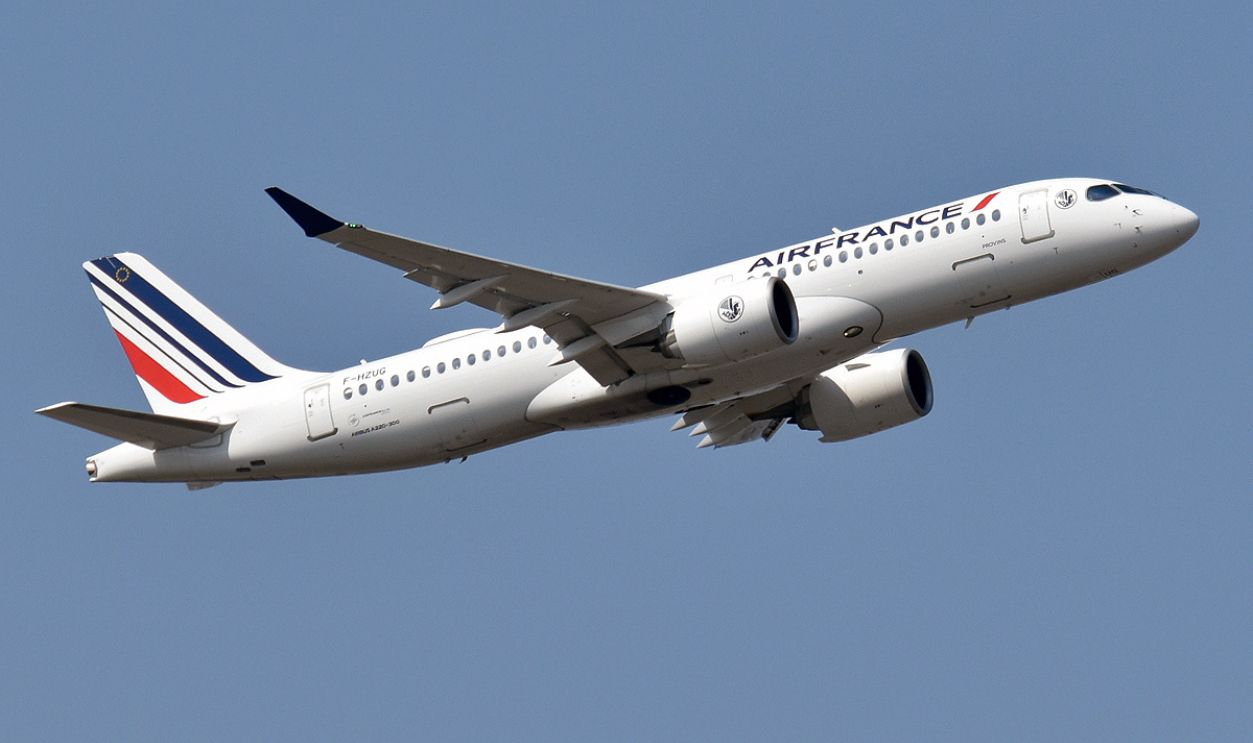 Anna Zvereva, CC BY-SA 2.0, Wikimedia Commons
Anna Zvereva, CC BY-SA 2.0, Wikimedia Commons
Turkish Airlines (Founded: 1933)
Turkish Airlines started with a single five-seat plane under Turkey's Ministry of Defense, flying between Istanbul and Ankara. After WWII, it expanded internationally and modernized its fleet despite economic challenges. Today, it has 379 aircraft in the skies.
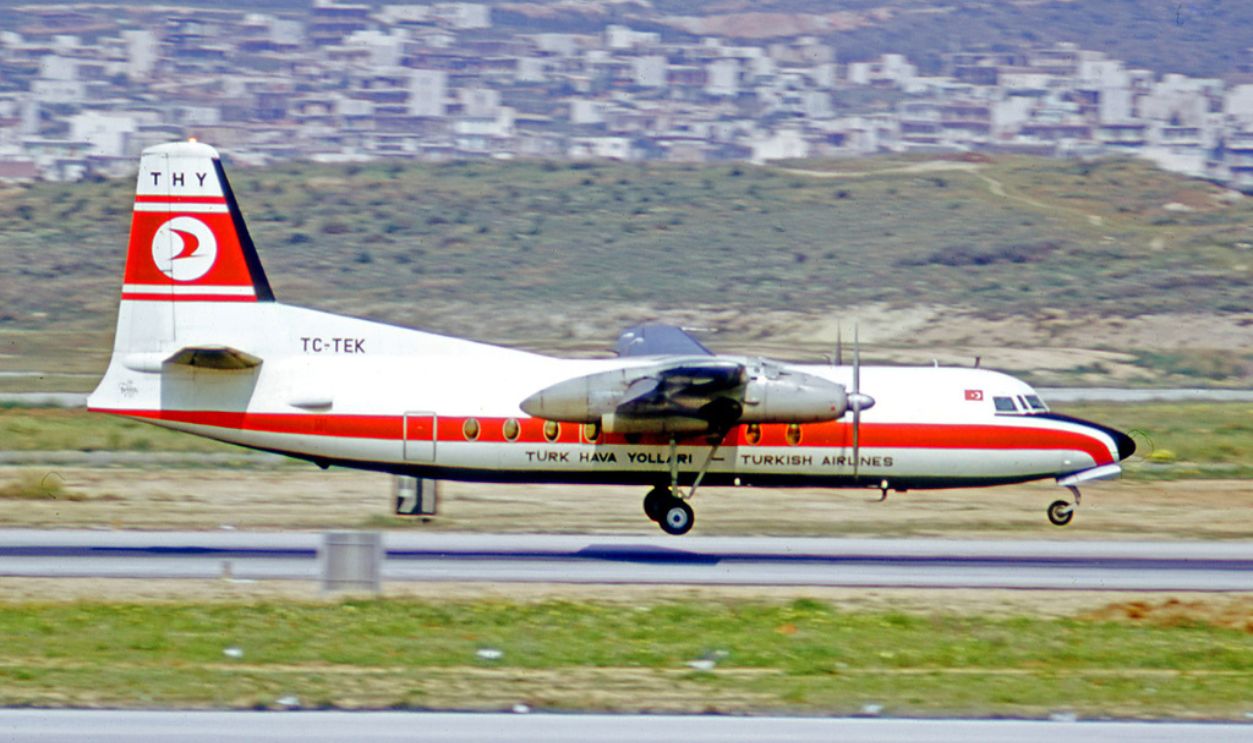 RuthAS, CC BY 3.0, Wikimedia Commons
RuthAS, CC BY 3.0, Wikimedia Commons
Skytrax's Best Airline In Europe
Now a Star Alliance member, it flies to over 120 nations and 300 destinations—more than any other airline. Their Business Class is almost a bucket list experience. You must've already heard about its in-flight chef service on long-haul flights.
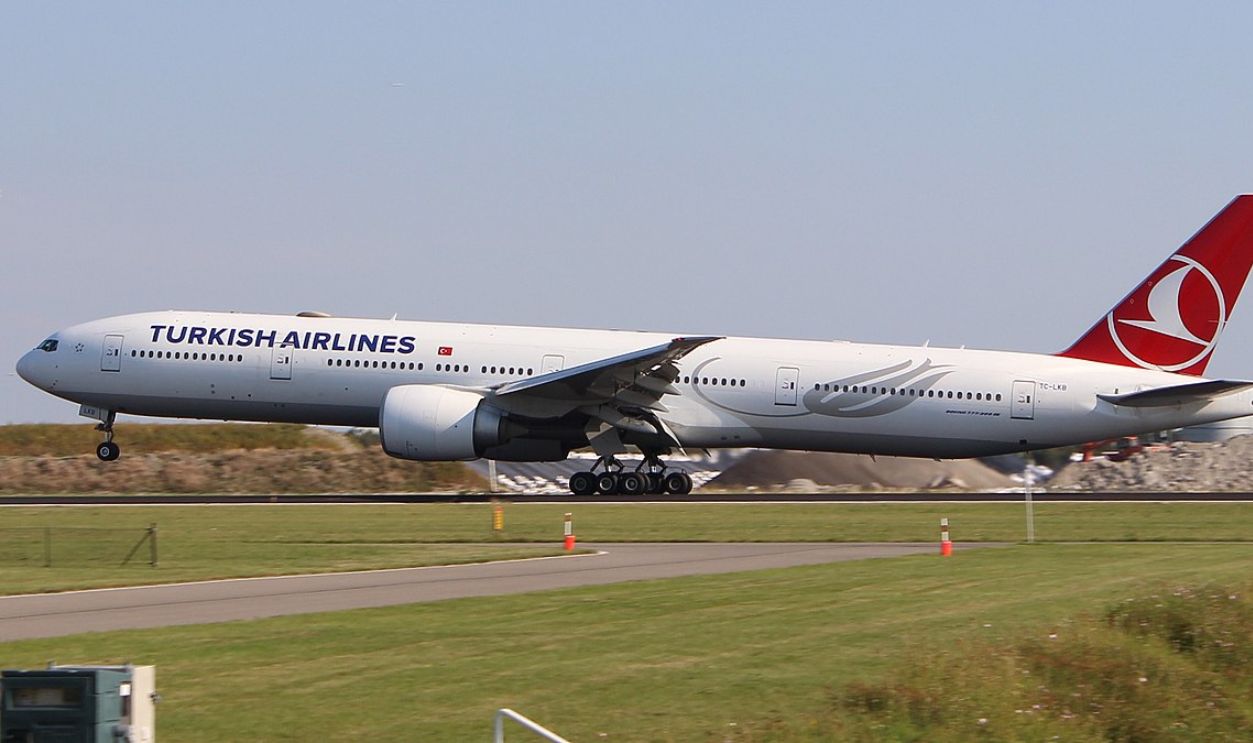 Styyx, CC BY-SA 4.0, Wikimedia Commons
Styyx, CC BY-SA 4.0, Wikimedia Commons
South African Airways (Founded: 1934)
South African Airways (SAA) started with Junkers planes and connecting South Africa's cities to the continent. Its planes once had gold-colored tails, which were a symbol of South Africa's rich heritage. Despite WWII, it expanded internationally, debuting its Springbok logo and luxury services.
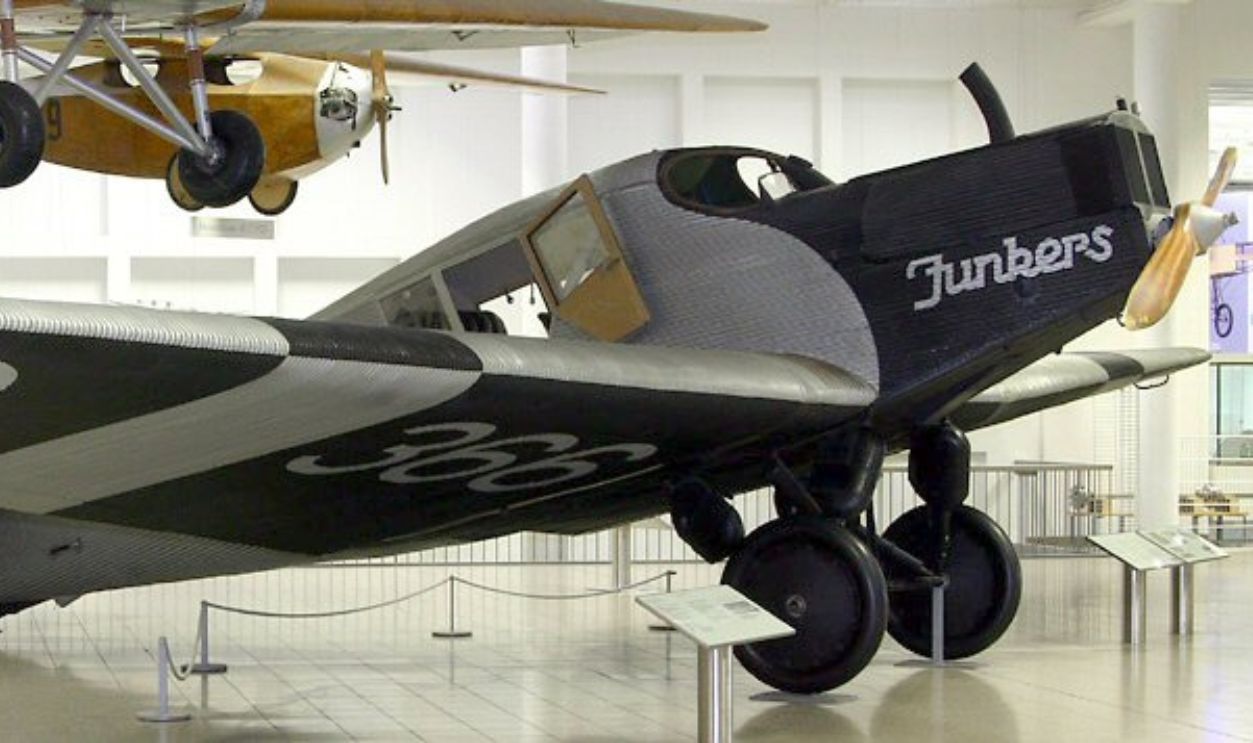 Benutzer:Softeis, Pibwl, Wikimedia Commons
Benutzer:Softeis, Pibwl, Wikimedia Commons
Premium Experience
Their premium experience brings you an à la carte menu, private lounges, amenity kits, a personalized in-flight entertainment system, and more. Today, the airline is focused on restructuring to reclaim its position as Africa's top carrier.
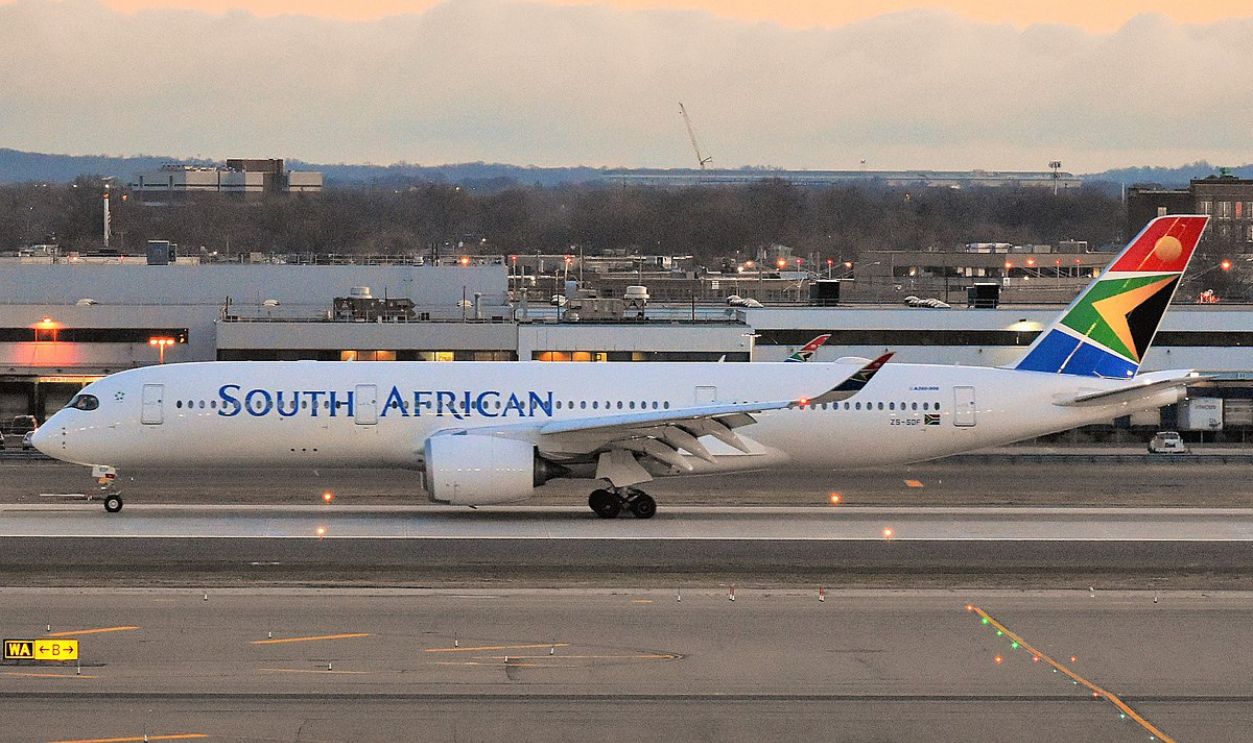 Adam Moreira (AEMoreira042281), CC BY-SA 4.0, Wikimedia Commons
Adam Moreira (AEMoreira042281), CC BY-SA 4.0, Wikimedia Commons
Aeroméxico (Founded: 1934)
Aeronaves de México, S.A. grew quickly. From just a Stinson SR Reliant (which linked Mexico City to Acapulco) to jets like the Douglas DC-8 it has come a long way. It also had to go through issues like the oil embargo and deregulation.
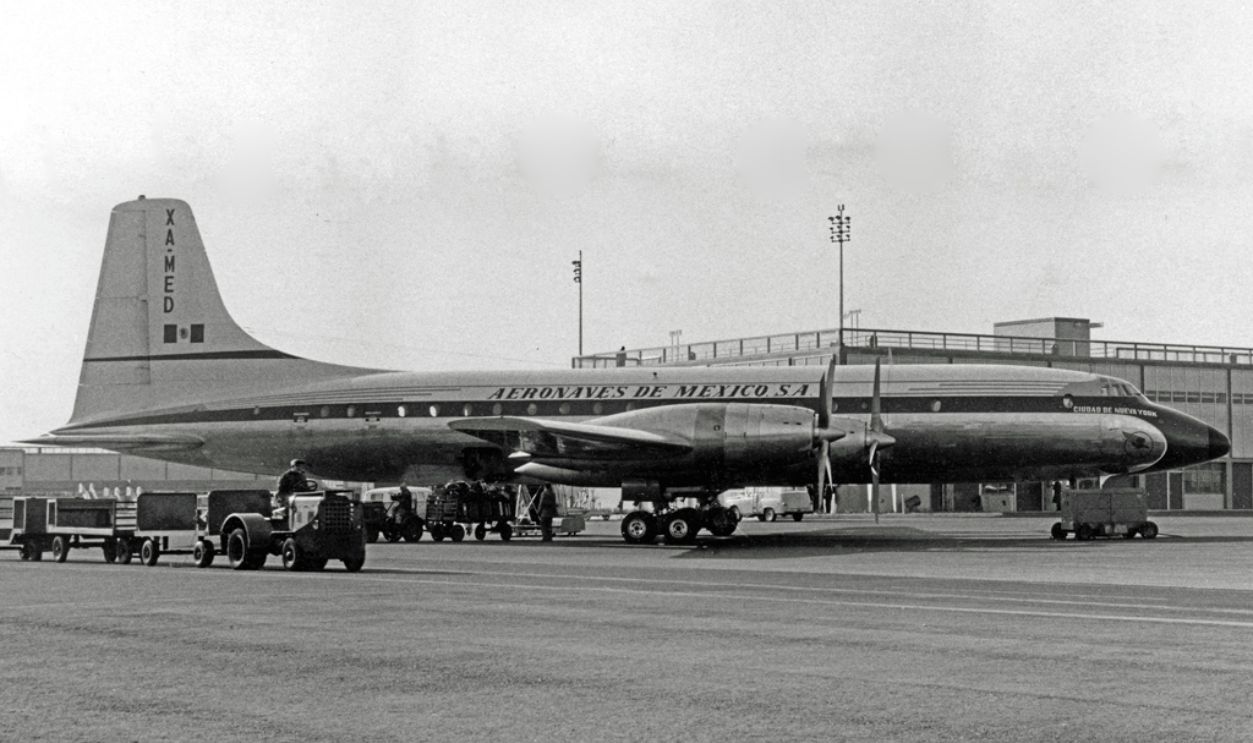 RuthAS, CC BY-SA 3.0, Wikimedia Commons
RuthAS, CC BY-SA 3.0, Wikimedia Commons
Comeback
Rebranded in the 1980s, Aeroméxico embraced modernity and its role as Mexico's flag carrier. The eagle knight logo honors Aztec culture, which, according to them, is a symbol of courage, leadership, and fearlessness.
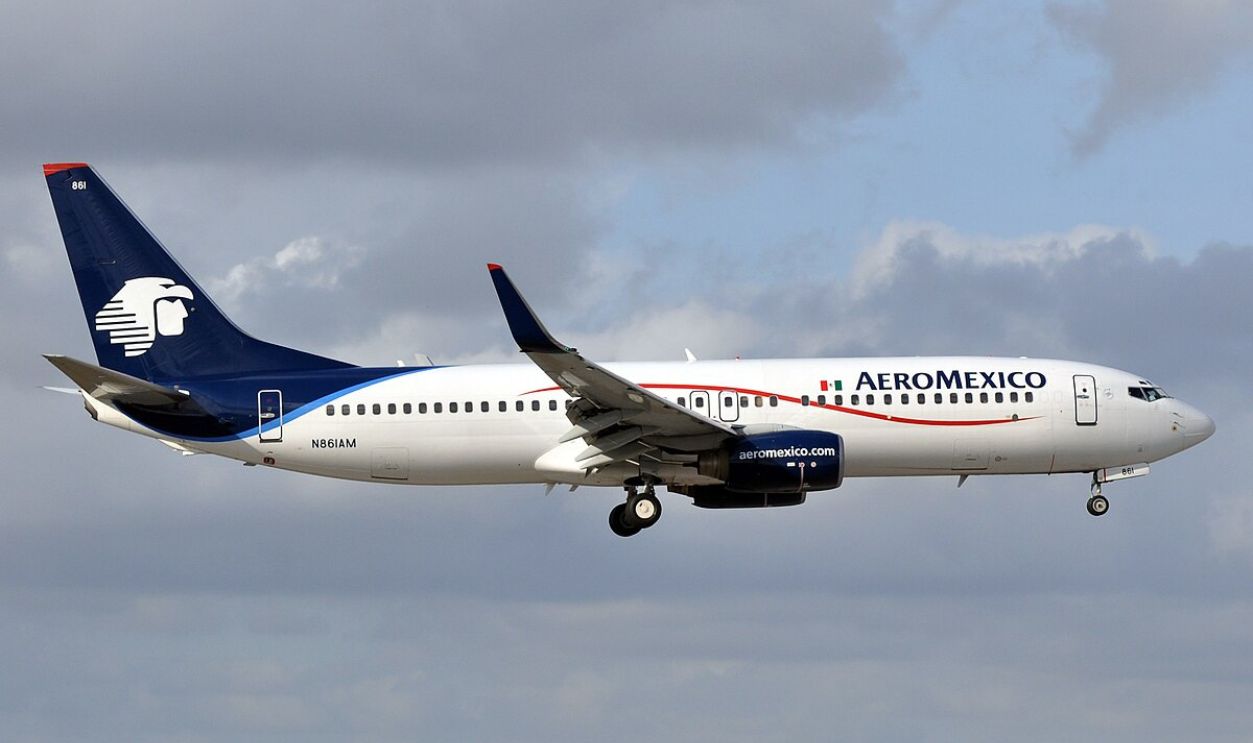 Eric Salard, CC BY-SA 2.0, Wikimedia Commons
Eric Salard, CC BY-SA 2.0, Wikimedia Commons

